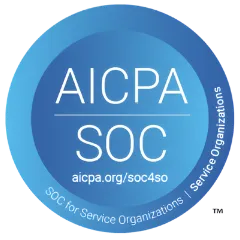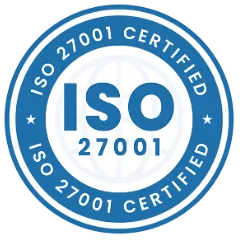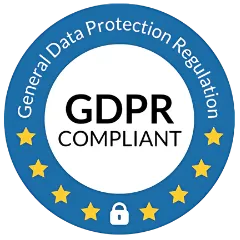Asset management is a critical aspect of running a successful business. Whether you're managing physical assets like equipment and machinery or digital assets like software and intellectual property, having an effective asset management system in place is crucial. An asset management checklist is a powerful tool that helps businesses ensure they are tracking, maintaining, and utilizing their assets effectively. In this blog, we will provide a step-by-step guide to creating an asset management checklist, discuss why such a checklist is important, the different types of checklists and their uses, and answer some common questions related to asset management.
Why is an Asset Management Checklist Important?
An asset management checklist is essential for several reasons:
- Ensures Comprehensive Asset Tracking: A checklist helps ensure that all assets are accounted for and tracked, reducing the risk of loss, theft, or underutilization. It provides a structured approach to managing assets, ensuring nothing is overlooked.
- Facilitates Maintenance and Risk Management: By keeping track of maintenance schedules, warranties, and asset conditions, a checklist helps in proactive maintenance, minimizing downtime, and managing risks associated with asset failures.
- Supports Financial Management: A well-maintained asset checklist aids in accurate financial reporting by tracking depreciation, asset value, and ensuring compliance with accounting standards.
- Enhances Decision-Making: Having detailed and up-to-date information about assets enables better decision-making regarding asset utilization, procurement, and disposal. It helps businesses optimize their resources and plan for future investments.
- Improves Accountability and Responsibility: Assigning asset ownership through a checklist ensures that specific individuals or departments are responsible for the assets, fostering accountability and more efficient asset management.
Types of Asset Management Checklists and Their Functions
Different types of checklists serve various functions in the asset management process:
- Hardware Asset Checklist: This checklist includes physical assets such as machinery, vehicles, office equipment, and IT hardware like computers and servers. It tracks details like purchase date, condition, location, and maintenance schedules.
- Function: Ensures that all physical assets are inventoried, maintained, and utilized efficiently. Helps prevent loss or underutilization and ensures timely maintenance.
- Software Asset Checklist: Focuses on digital assets like software licenses, intellectual property, and digital files. It tracks license expiry dates, usage rights, and compliance with software agreements.
- Function: Helps businesses stay compliant with software licensing agreements, avoid penalties, and ensure that software is updated and used efficiently.
- Asset Lifecycle Checklist: Tracks the entire lifecycle of an asset from acquisition to disposal. It includes stages such as procurement, deployment, maintenance, and eventual retirement or disposal.
- Function: Provides a comprehensive view of the asset’s lifecycle, enabling better planning for asset replacement, optimizing asset utilization, and ensuring timely disposal of obsolete assets.
- Risk Management Checklist: Identifies potential risks associated with asset management, such as equipment failure, data breaches, or compliance issues. It includes mitigation strategies and contingency plans.
- Function: Helps in proactively managing risks, reducing the impact of unexpected asset failures, and ensuring business continuity.
- Compliance Checklist: Ensures that all assets comply with relevant regulations and standards. This includes environmental regulations, safety standards, and industry-specific compliance requirements.
- Function: Assists businesses in staying compliant with legal and regulatory requirements, avoiding fines, and ensuring that all assets meet industry standards.
The Asset Management Checklist: A Step-by-Step Guide
Creating a comprehensive asset management checklist is essential for maintaining the integrity and efficiency of your asset management process. Here’s how you can create one:
- Inventory All Assets: Start by creating a detailed list of all assets owned by the organization. This includes physical assets such as machinery, vehicles, and office equipment, as well as digital assets like software licenses, intellectual property, and data.
- Categorize Assets: Group assets into categories based on their type, usage, or department. For example, IT assets (like computers and servers), office equipment, and production machinery can be categorized separately. This makes it easier to manage and track similar types of assets.
- Record Asset Details: For each asset, record essential details such as purchase date, cost, location, condition, serial number, and warranty information. This data is crucial for tracking asset value, scheduling maintenance, and making informed decisions about asset utilization.
- Assign Asset Owners: Assign responsibility for each asset to specific individuals or departments. This ensures accountability and helps streamline the process of asset management, especially when it comes to maintenance and reporting.
- Schedule Regular Maintenance: Create a maintenance schedule for assets that require regular upkeep. This can include routine inspections, software updates, and servicing of machinery. Proper maintenance ensures assets remain in good working condition and reduces the likelihood of unexpected breakdowns.
- Set Asset Lifespan and Depreciation: Determine the expected lifespan of each asset and calculate depreciation accordingly. This information is essential for financial reporting and for making decisions about asset replacement or disposal.
- Implement Tracking Mechanisms: Use tracking tools like barcodes, RFID tags, or asset management software to monitor the location and usage of assets. This helps prevent loss or theft and ensures assets are used efficiently.
- Review and Update the Checklist Regularly: Asset management is an ongoing process. Regularly review and update the checklist to reflect any changes in the asset inventory, such as new acquisitions, disposals, or transfers.
Conclusion
A well-structured asset management checklist is an indispensable tool for businesses of all sizes. It not only ensures that assets are effectively tracked and maintained but also supports risk management, compliance, and financial reporting. By following the steps outlined above and considering the various types of checklists, organizations can optimize their asset management practices, ensuring better utilization and longevity of their assets.
Frequently Asked Questions (FAQs)
How do you create an asset checklist?
Creating an asset checklist involves inventorying all assets, categorizing them, recording detailed information, assigning ownership, scheduling maintenance, tracking lifespan and depreciation, implementing tracking mechanisms, and regularly reviewing and updating the checklist.
What should be included in asset management?
Asset management should include a comprehensive inventory of all assets, details such as purchase date, cost, location, and condition, a maintenance schedule, assigned ownership, lifespan and depreciation tracking, and mechanisms for monitoring and tracking assets.
What should businesses consider when choosing asset management software?
When choosing asset management software, businesses should consider factors such as the software’s ability to integrate with existing systems (like ERP or CRM), scalability, ease of use, features like real-time tracking, reporting and analytics capabilities, cost, and the level of customer support provided by the vendor.
What goes on an asset list?
An asset list should include all tangible and intangible assets owned by the organization. This includes physical assets like machinery, vehicles, office equipment, IT assets, and digital assets like software licenses and intellectual property. For each asset, details such as purchase date, cost, serial numbers, location, and responsible individuals should be recorded.
Why is asset lifecycle management important?
Asset lifecycle management is important because it ensures that assets are used effectively from acquisition to disposal. It helps in planning for replacements, optimizing usage, and reducing costs by avoiding premature disposal or prolonged use of obsolete assets.
What are the risks of not having an asset management checklist?
Without an asset management checklist, businesses risk losing track of assets, underutilizing or overusing resources, failing to maintain equipment, and facing compliance issues. This can lead to increased operational costs, legal penalties, and reduced asset lifespan.
How often should an asset management checklist be updated?
An asset management checklist should be updated regularly, typically quarterly or whenever there are significant changes in the asset inventory, such as new acquisitions, disposals, or transfers. Regular updates ensure that the checklist remains accurate and relevant.

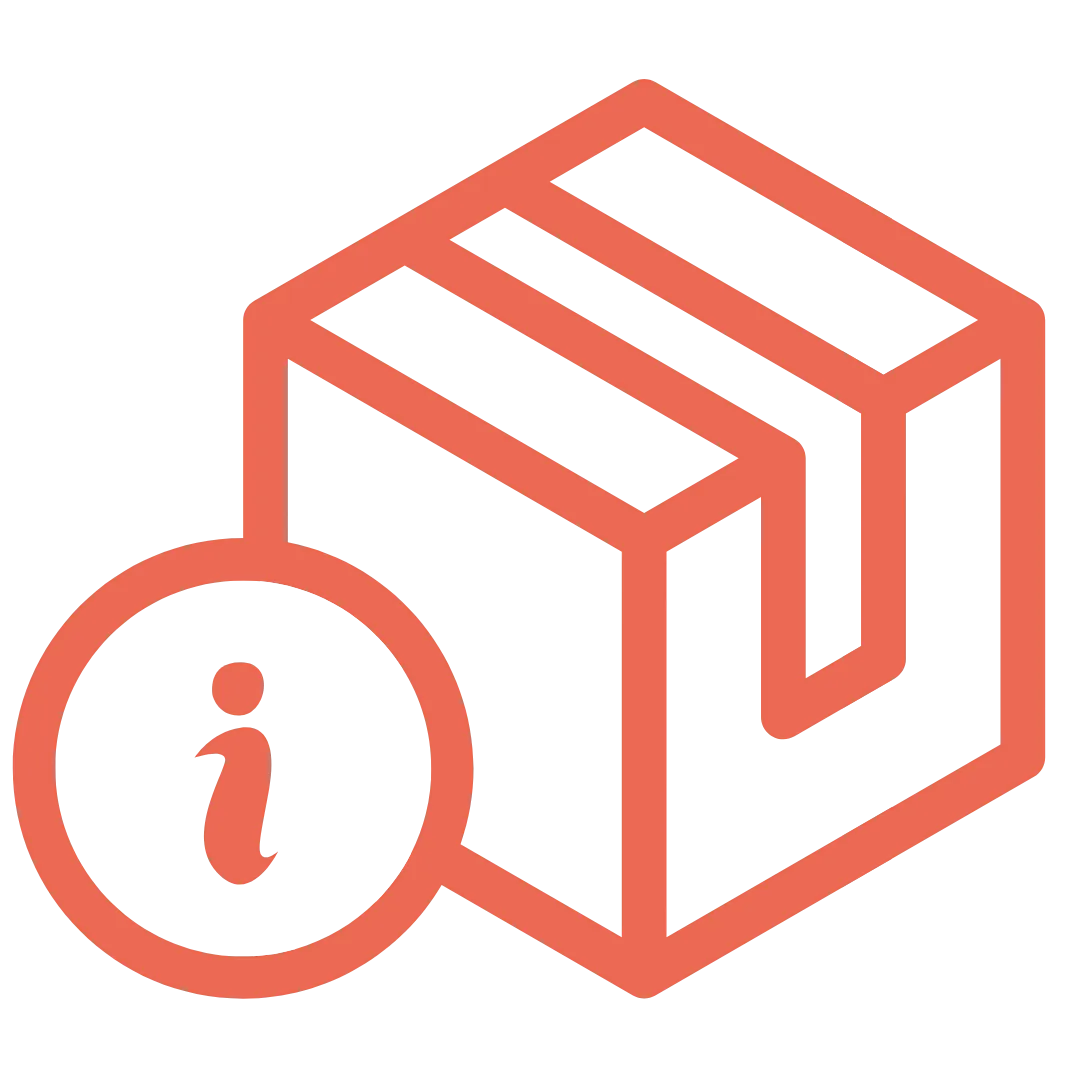
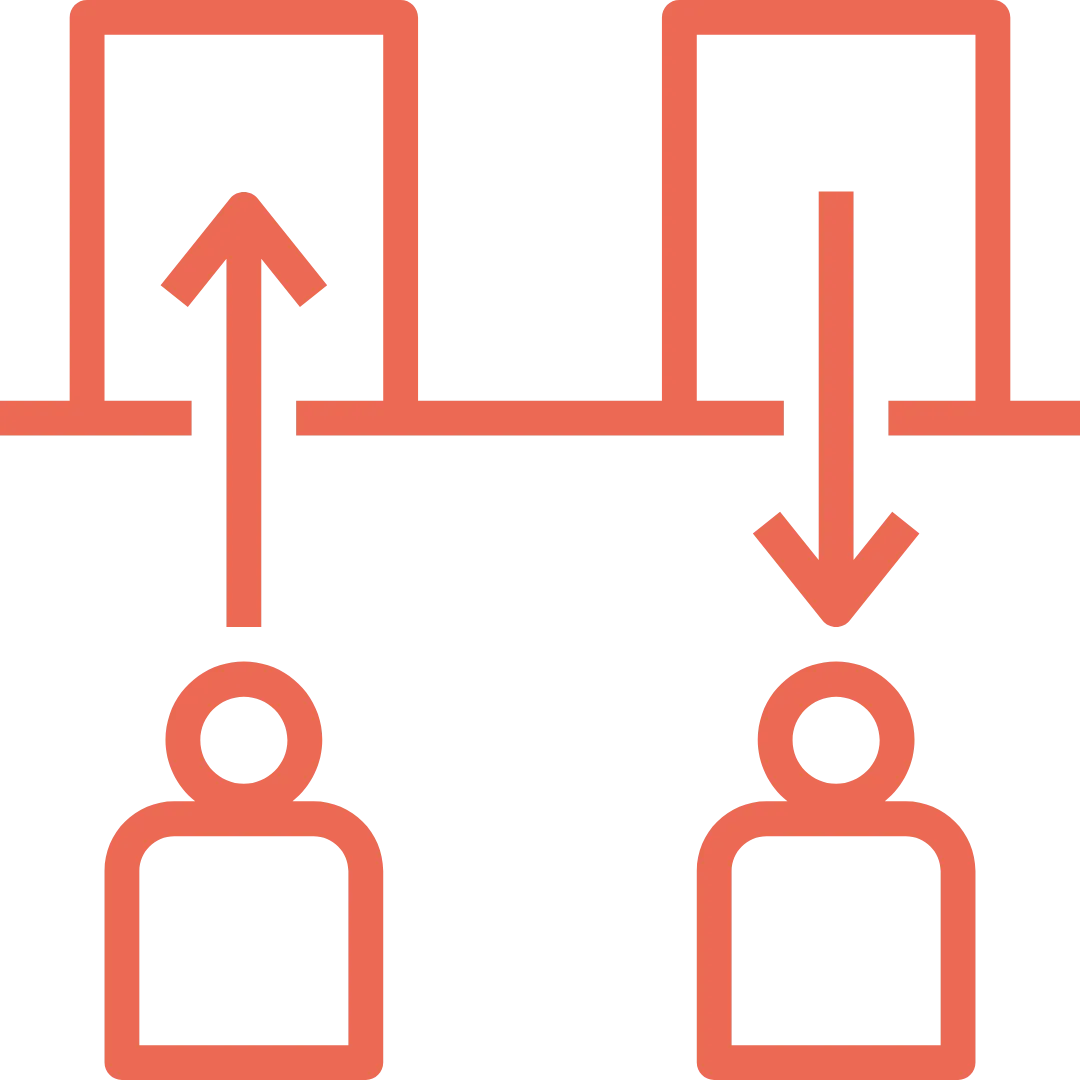
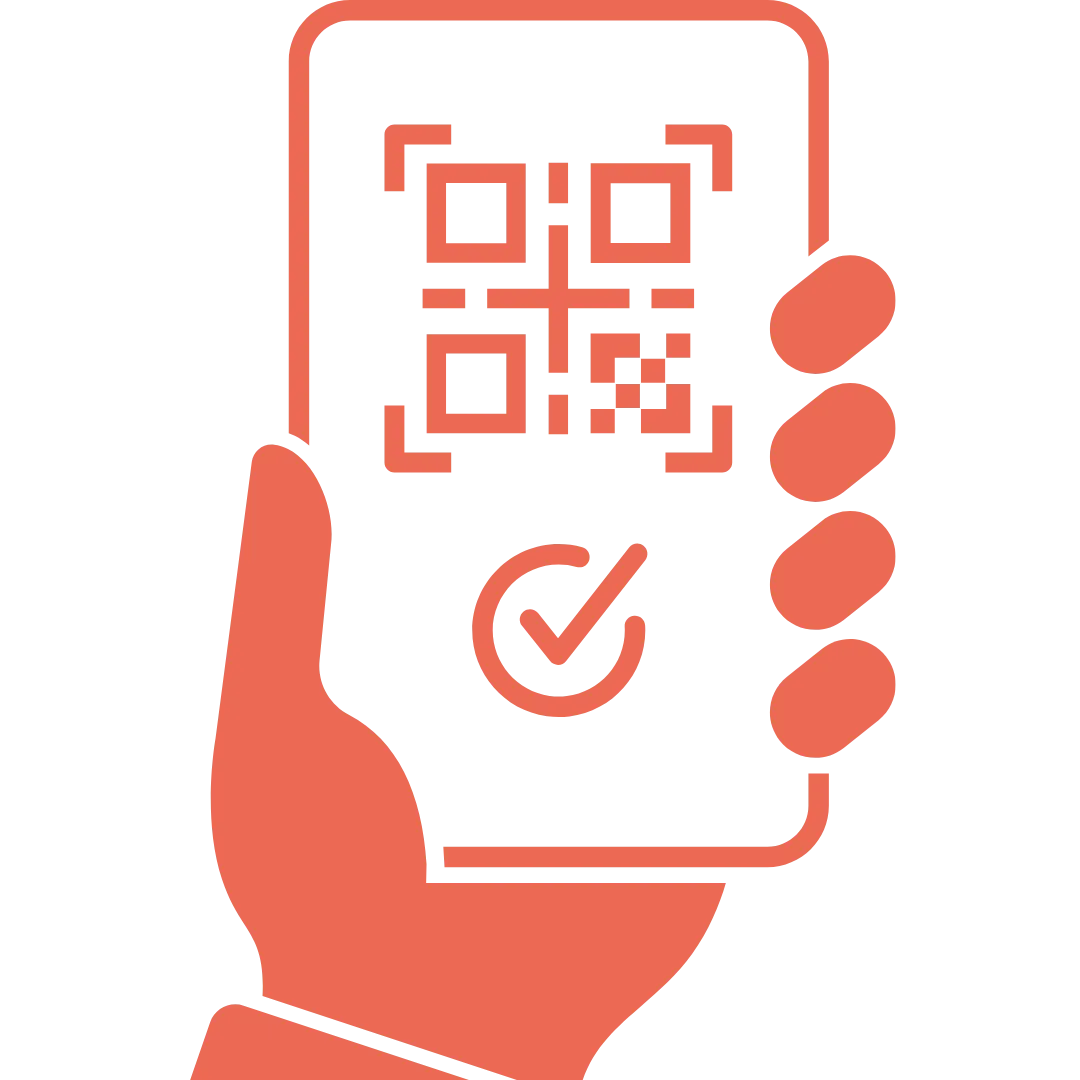
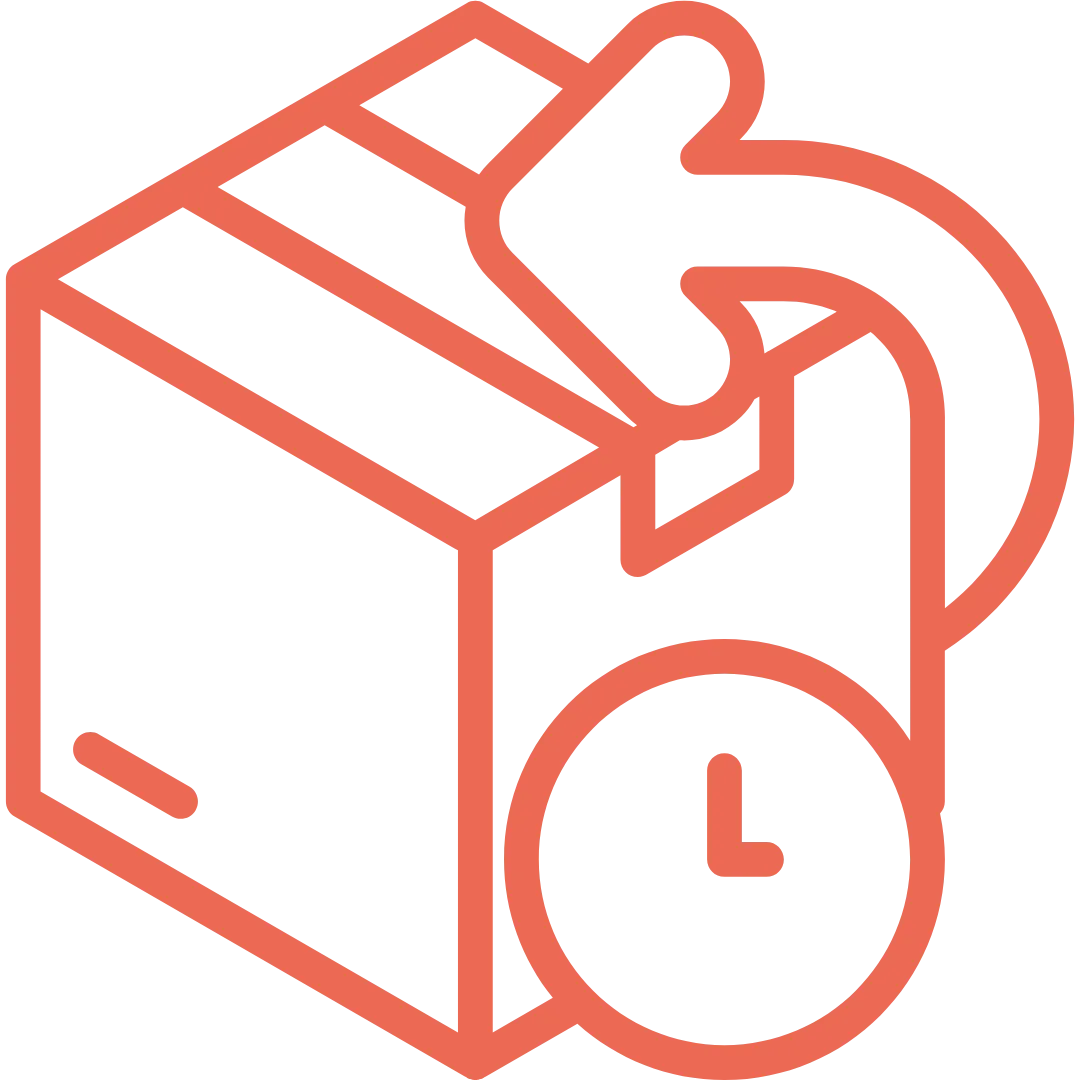

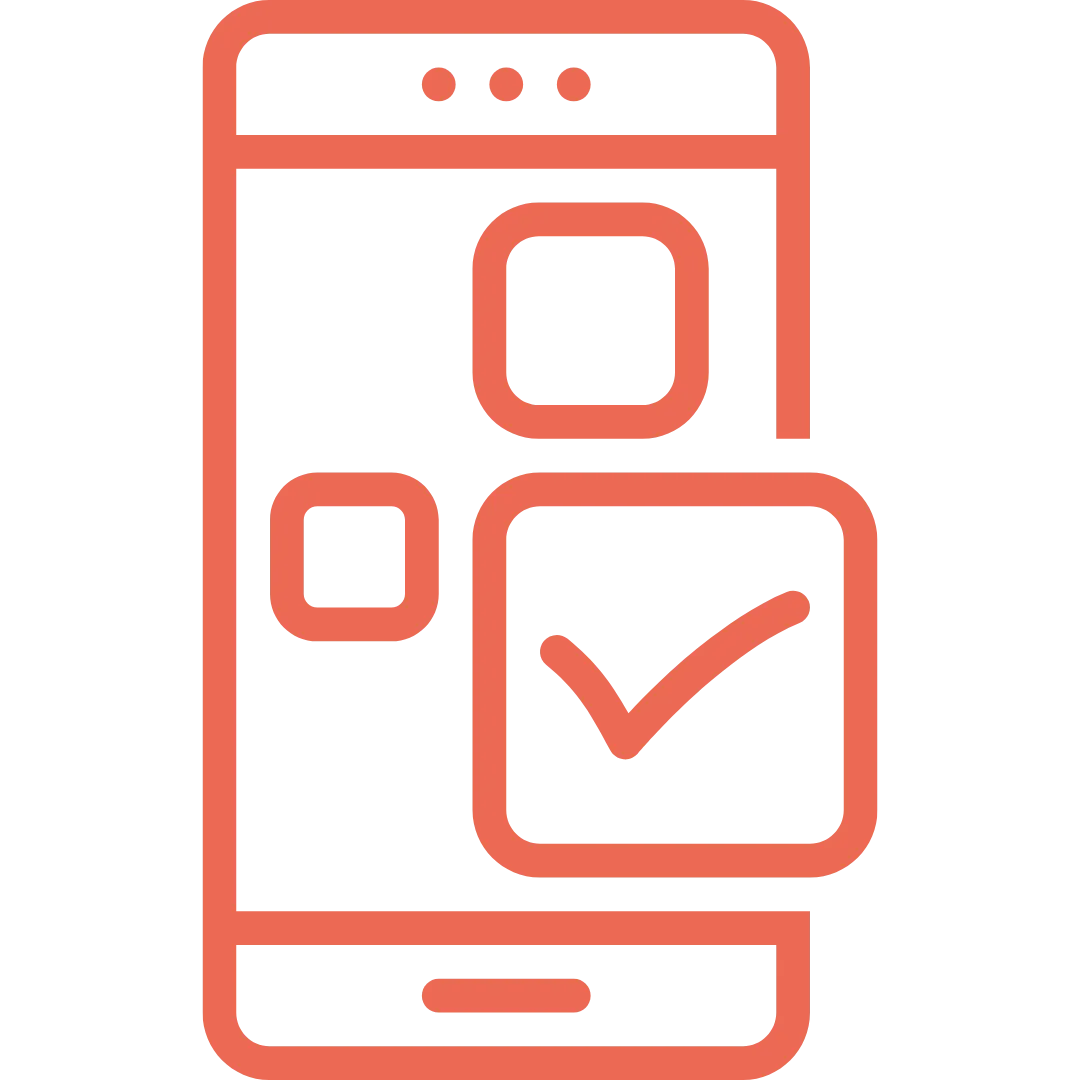
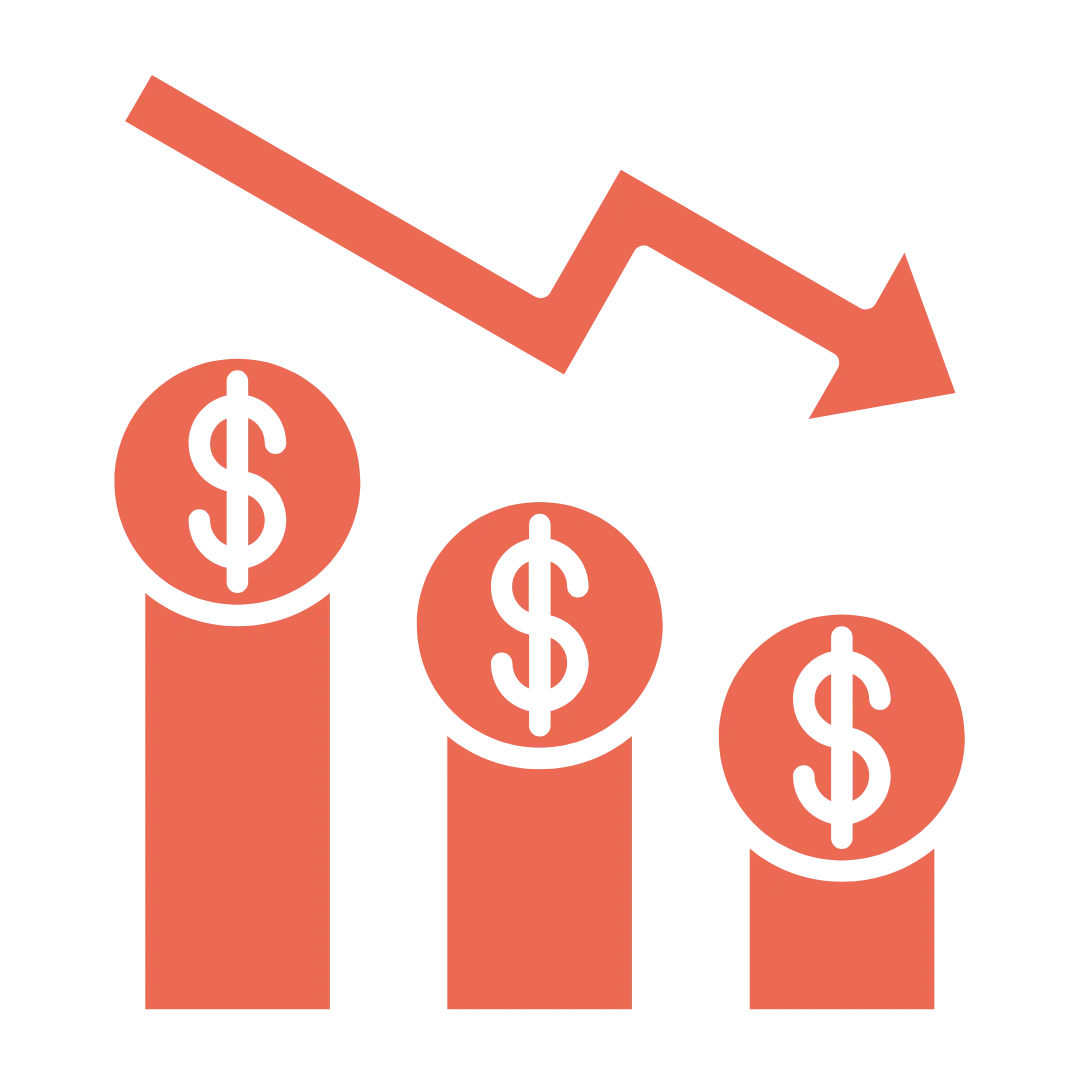

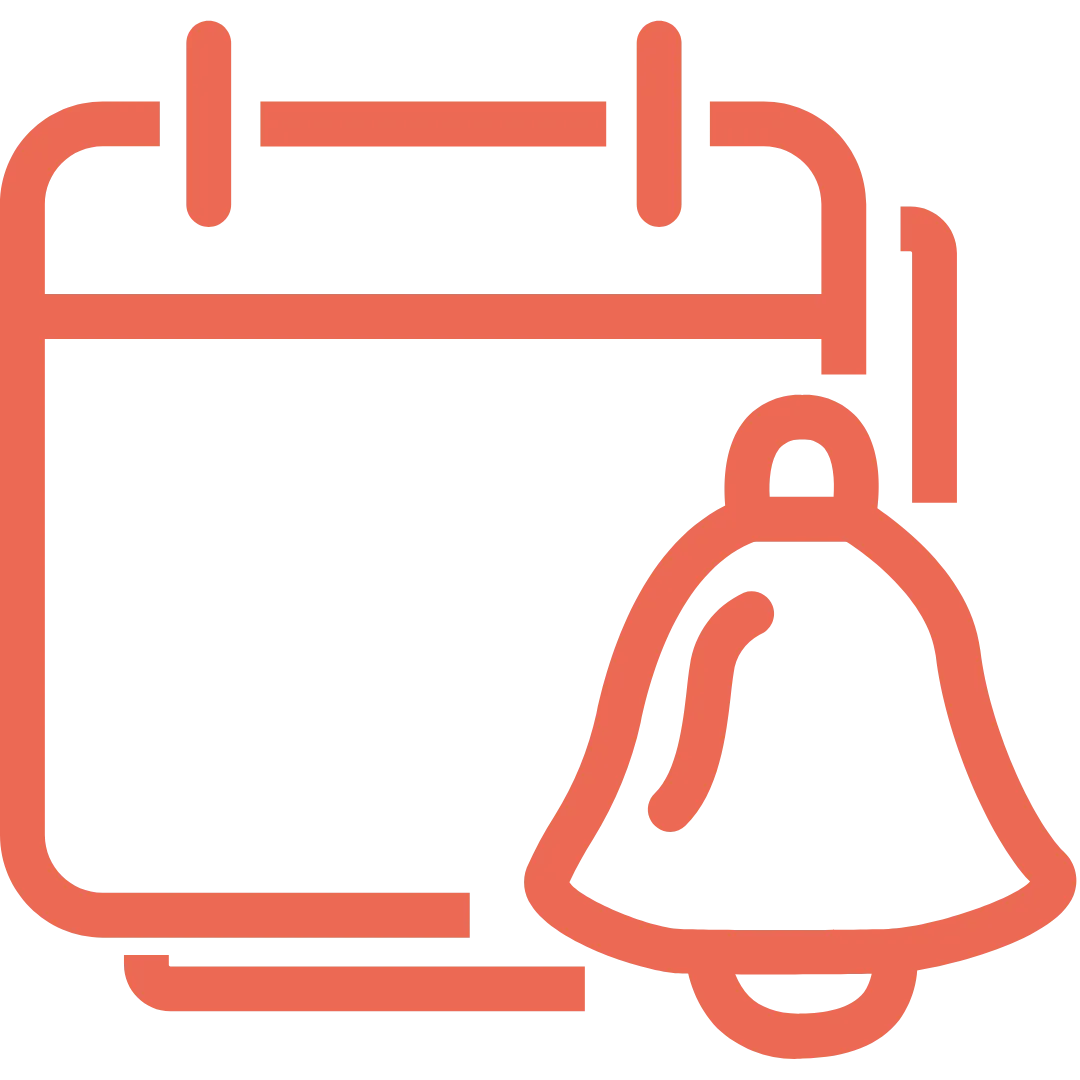
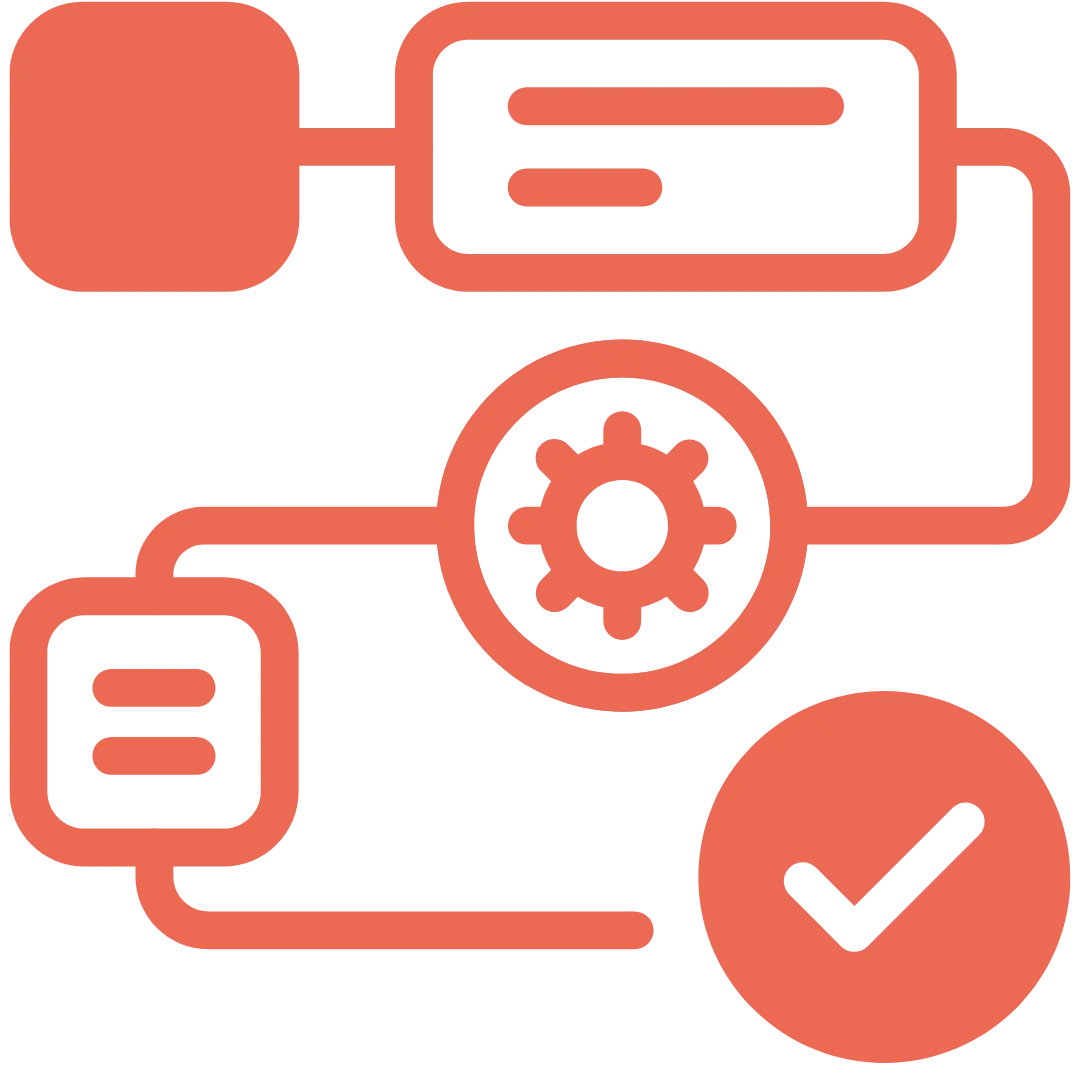
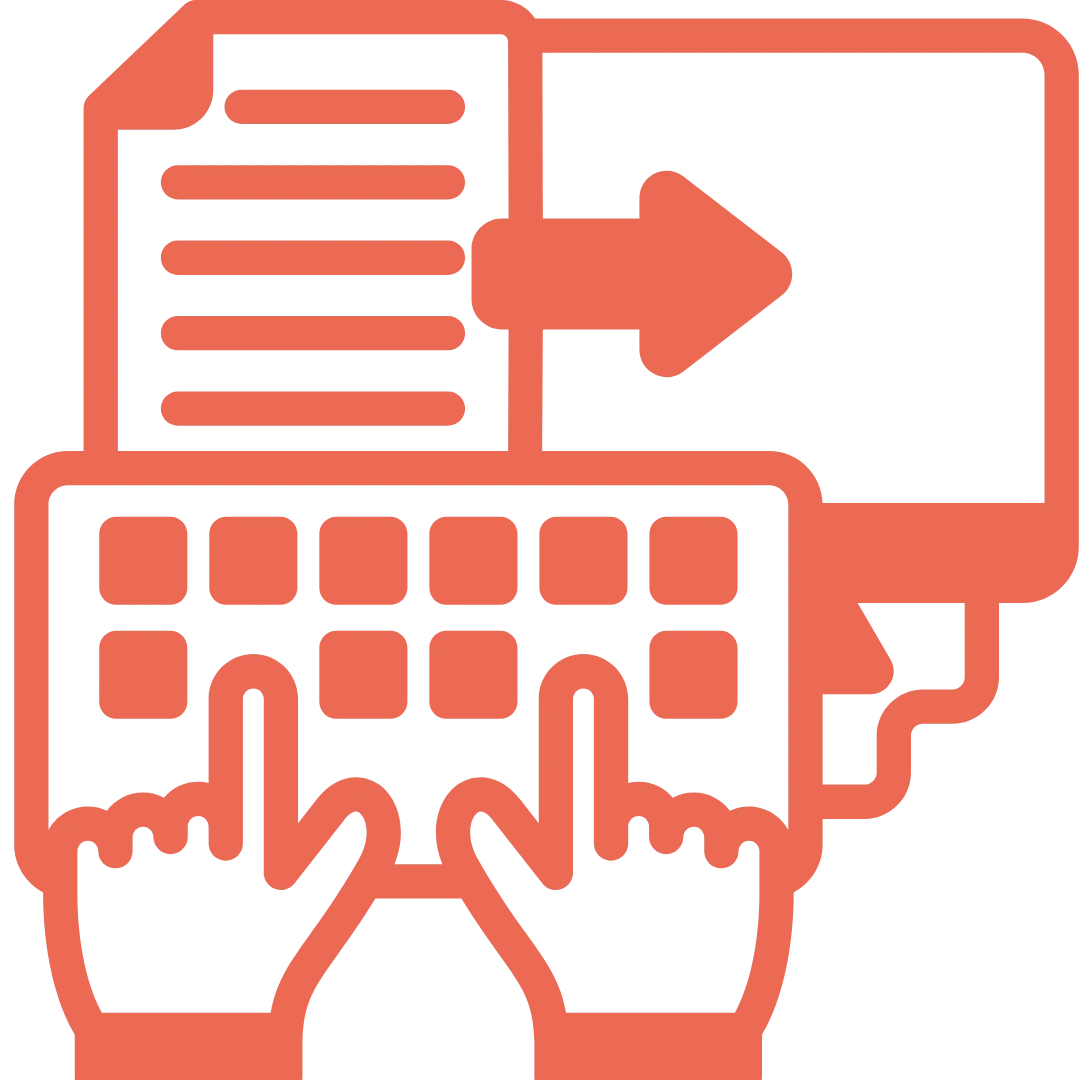
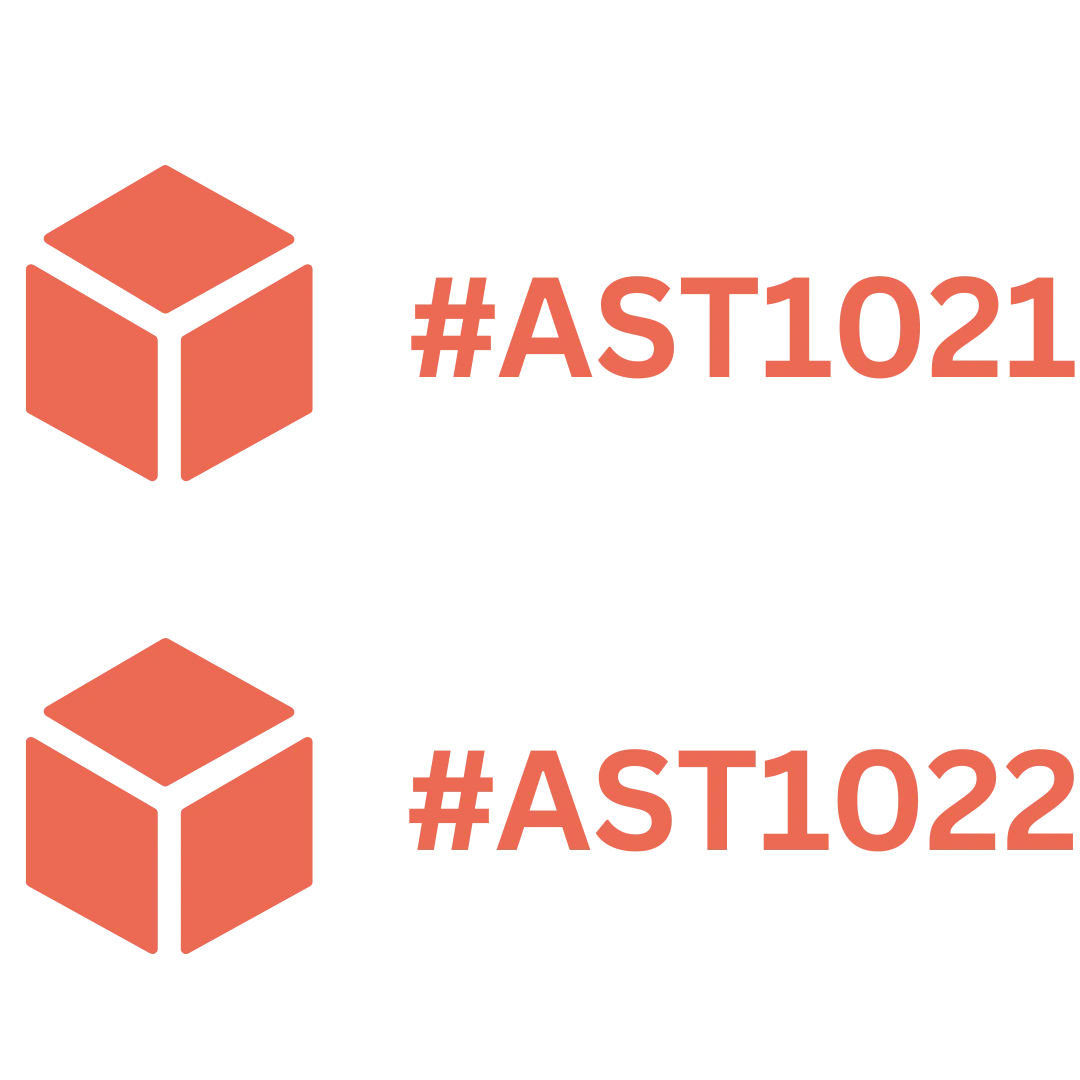
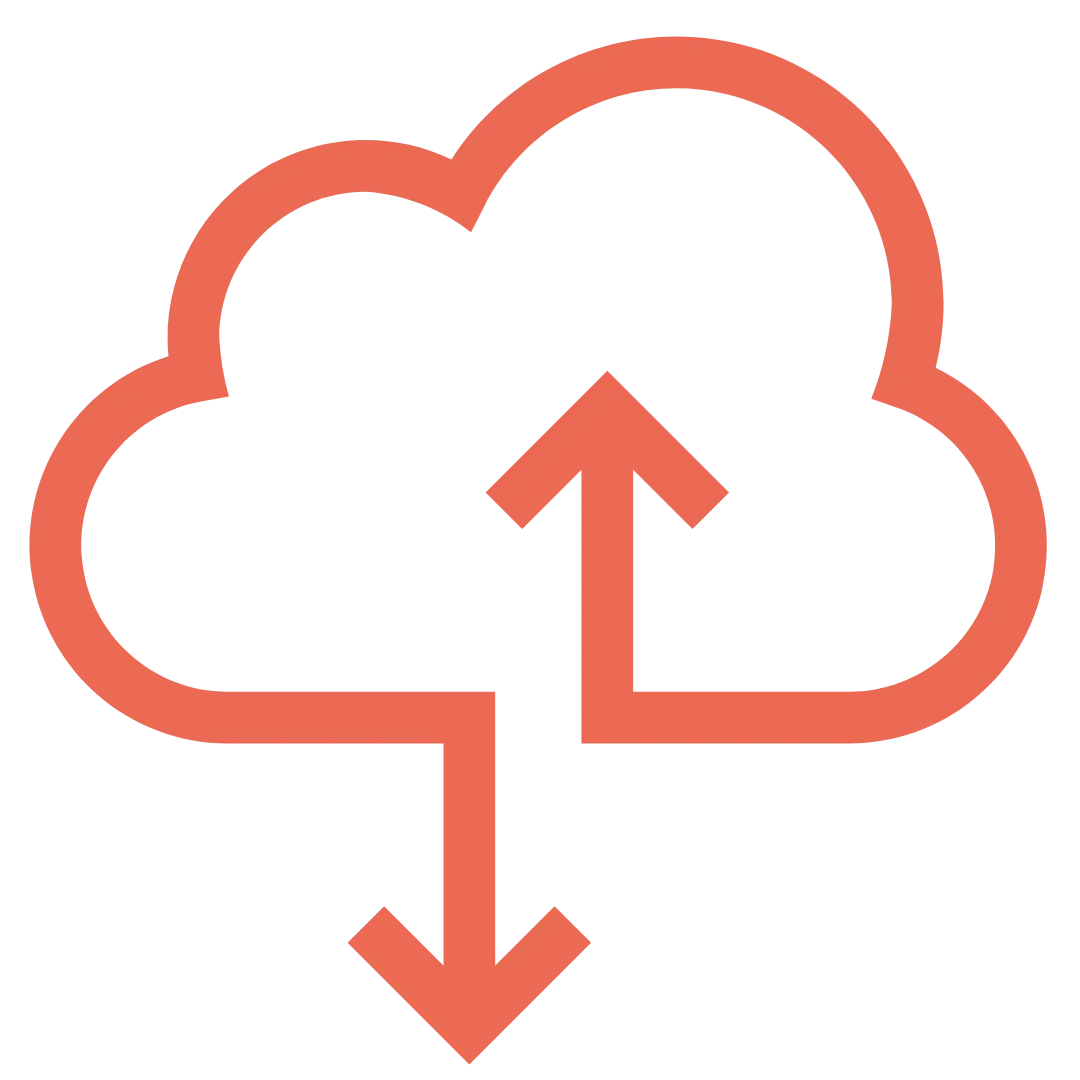
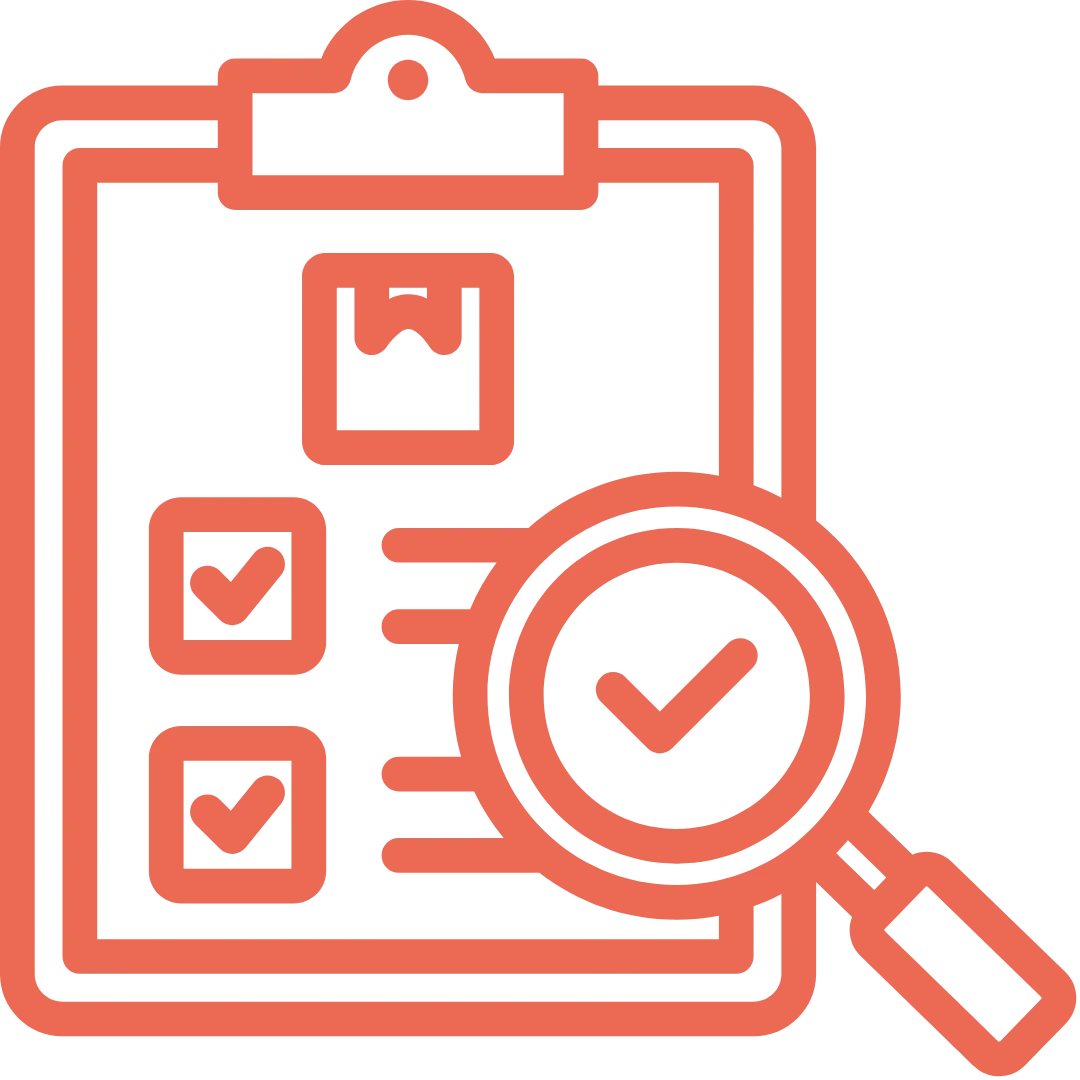
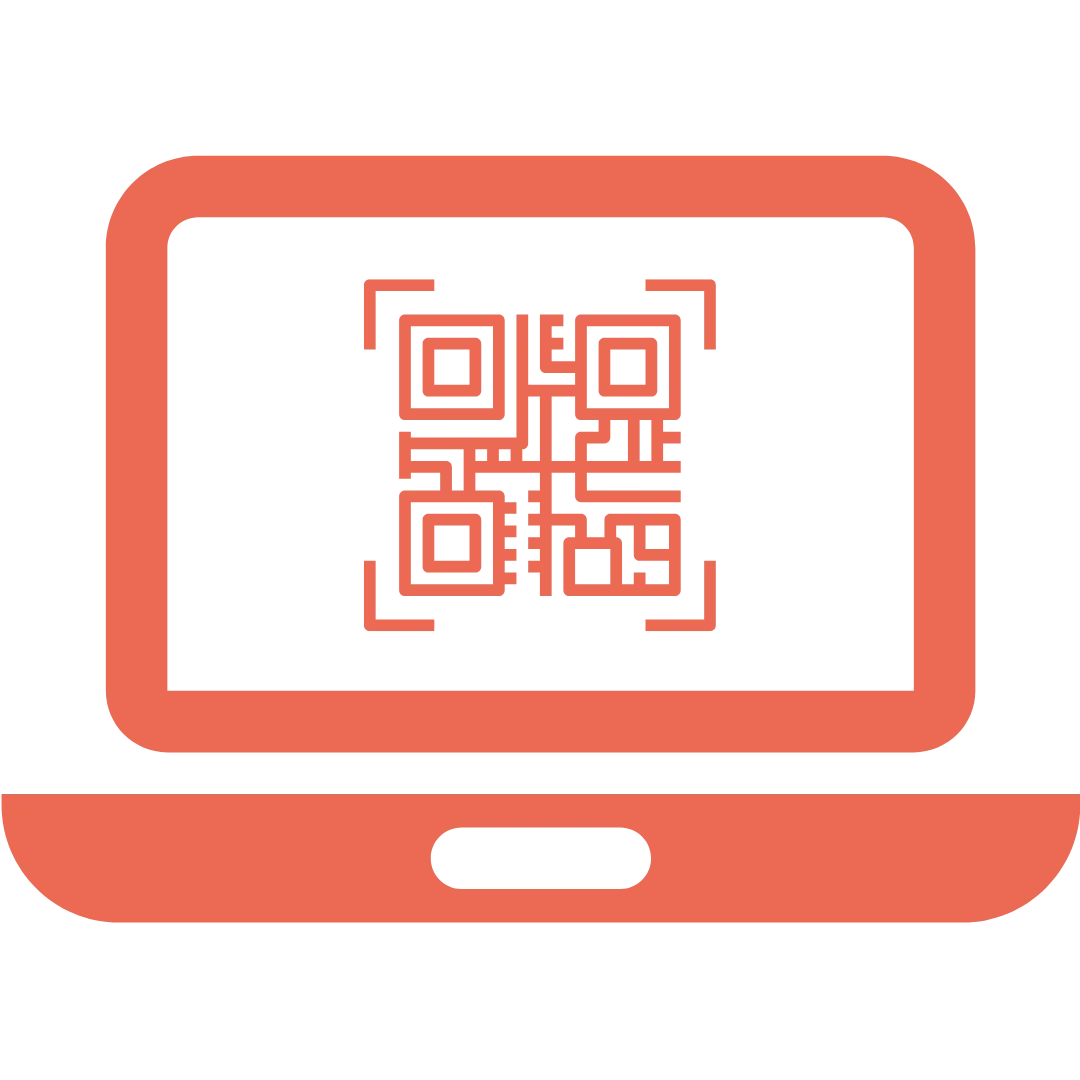
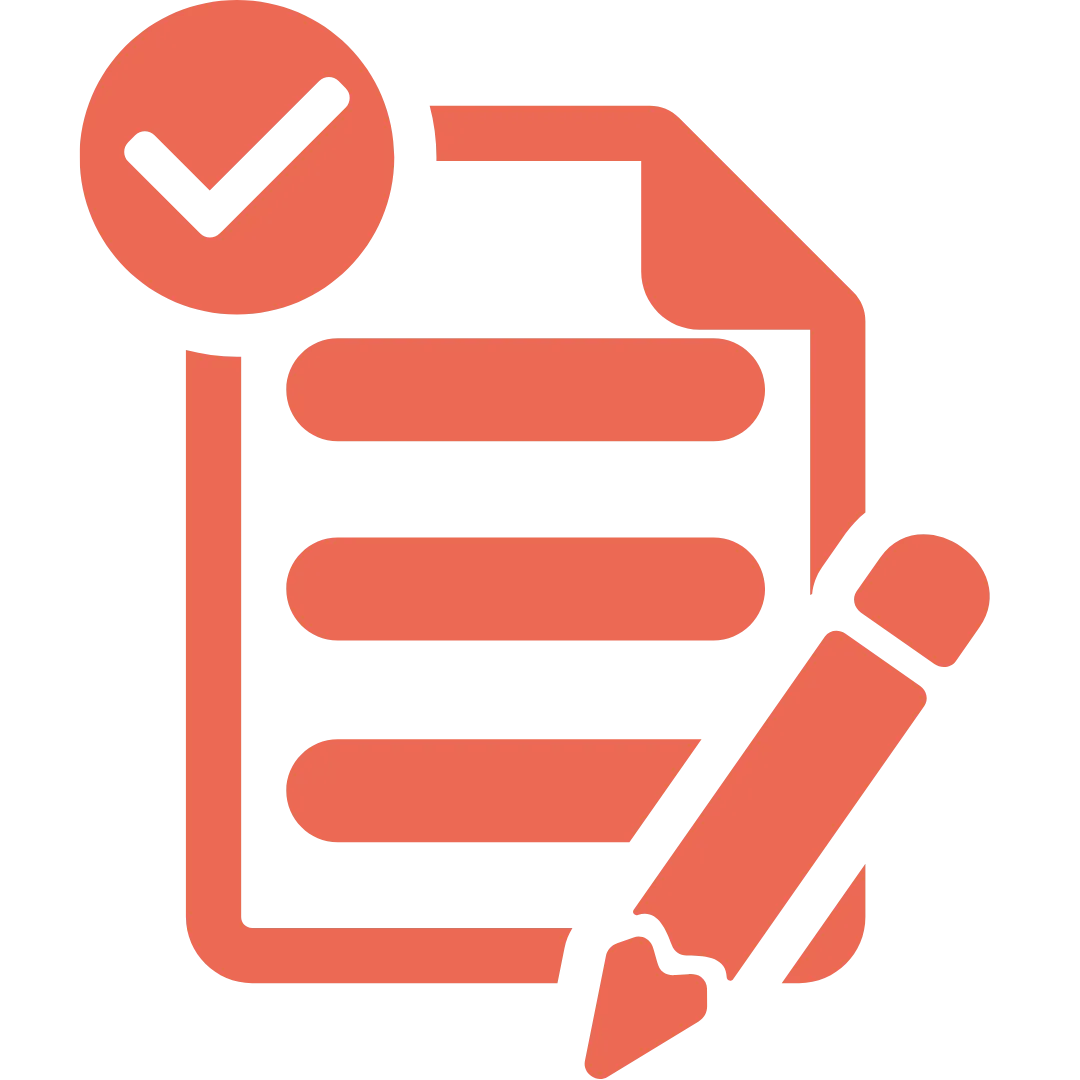
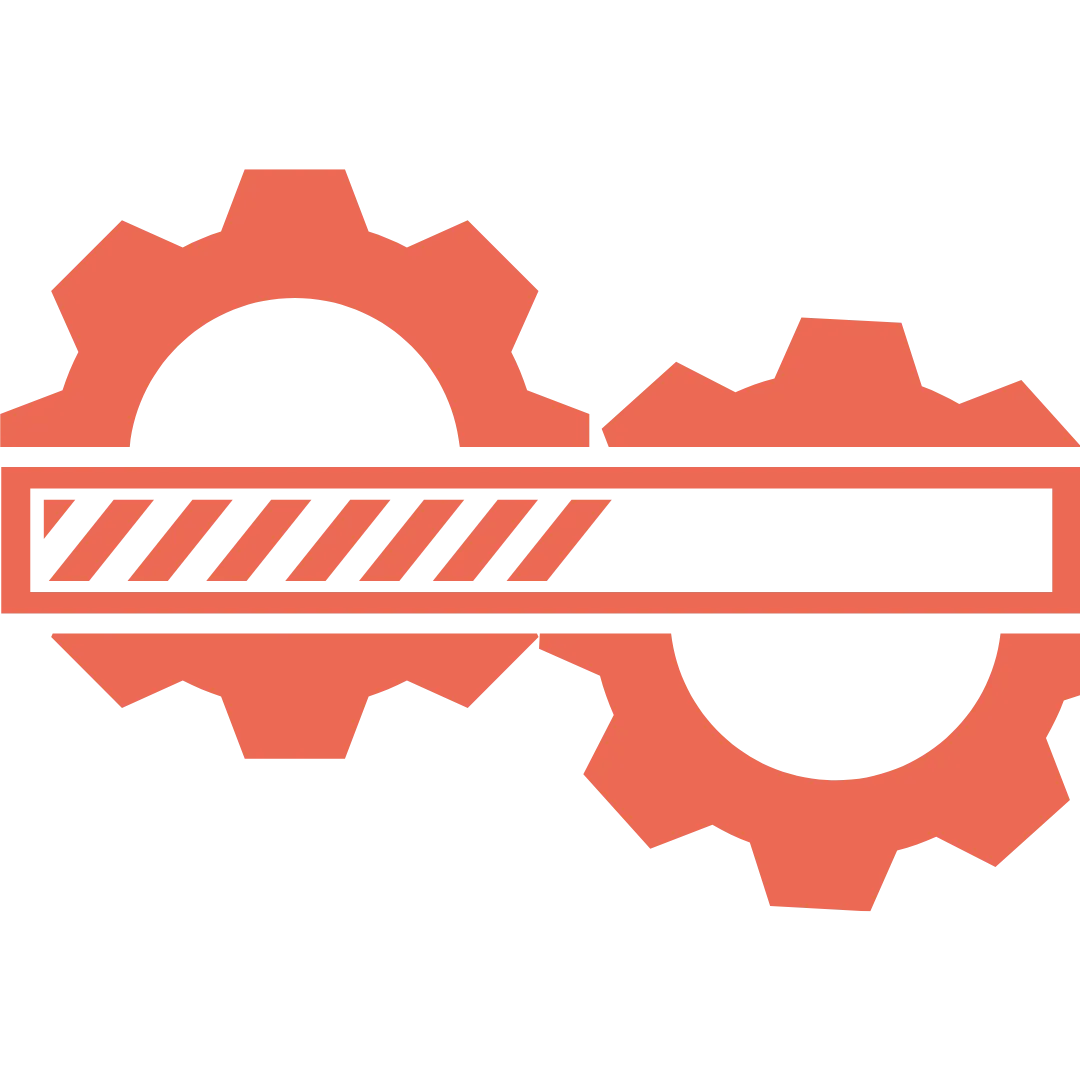
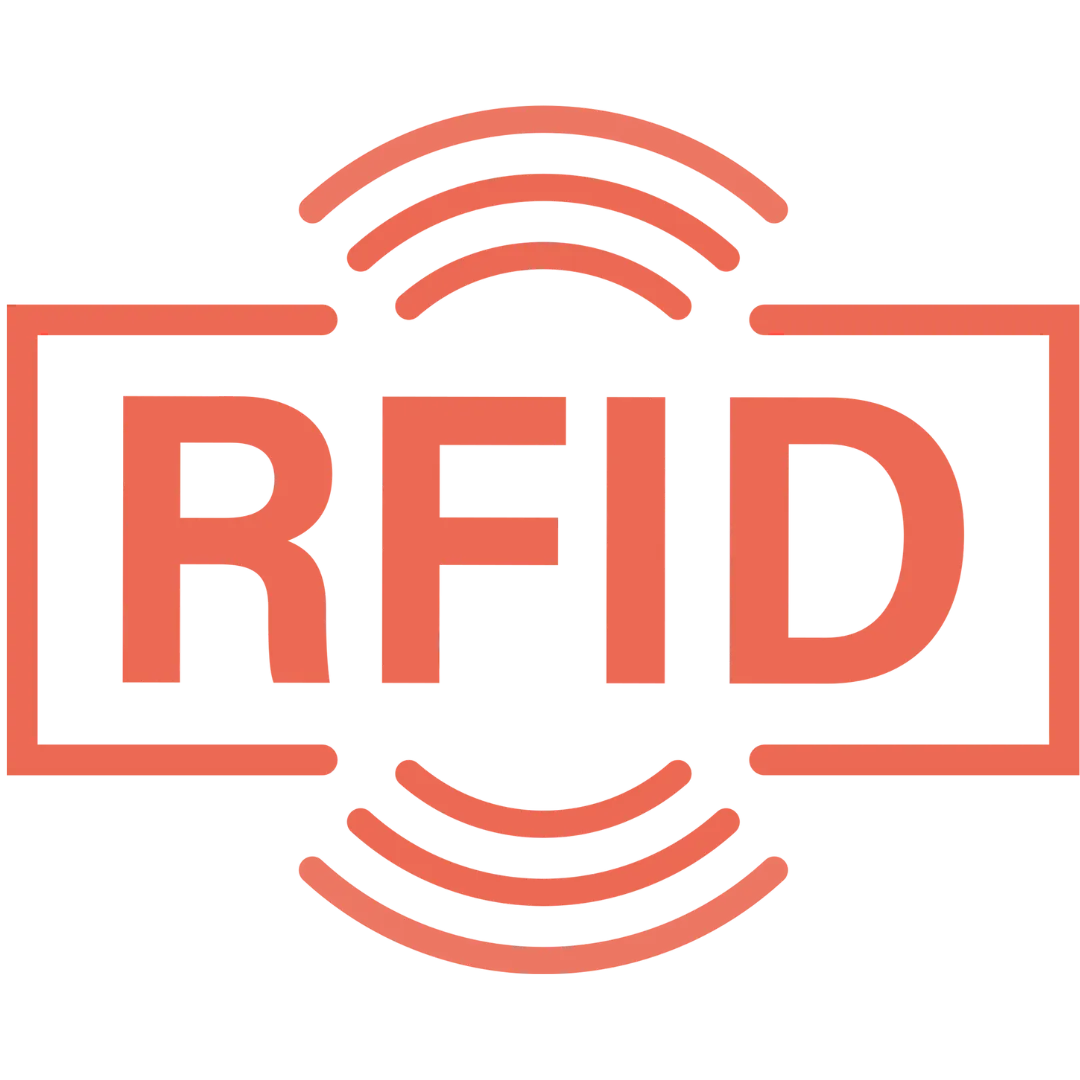
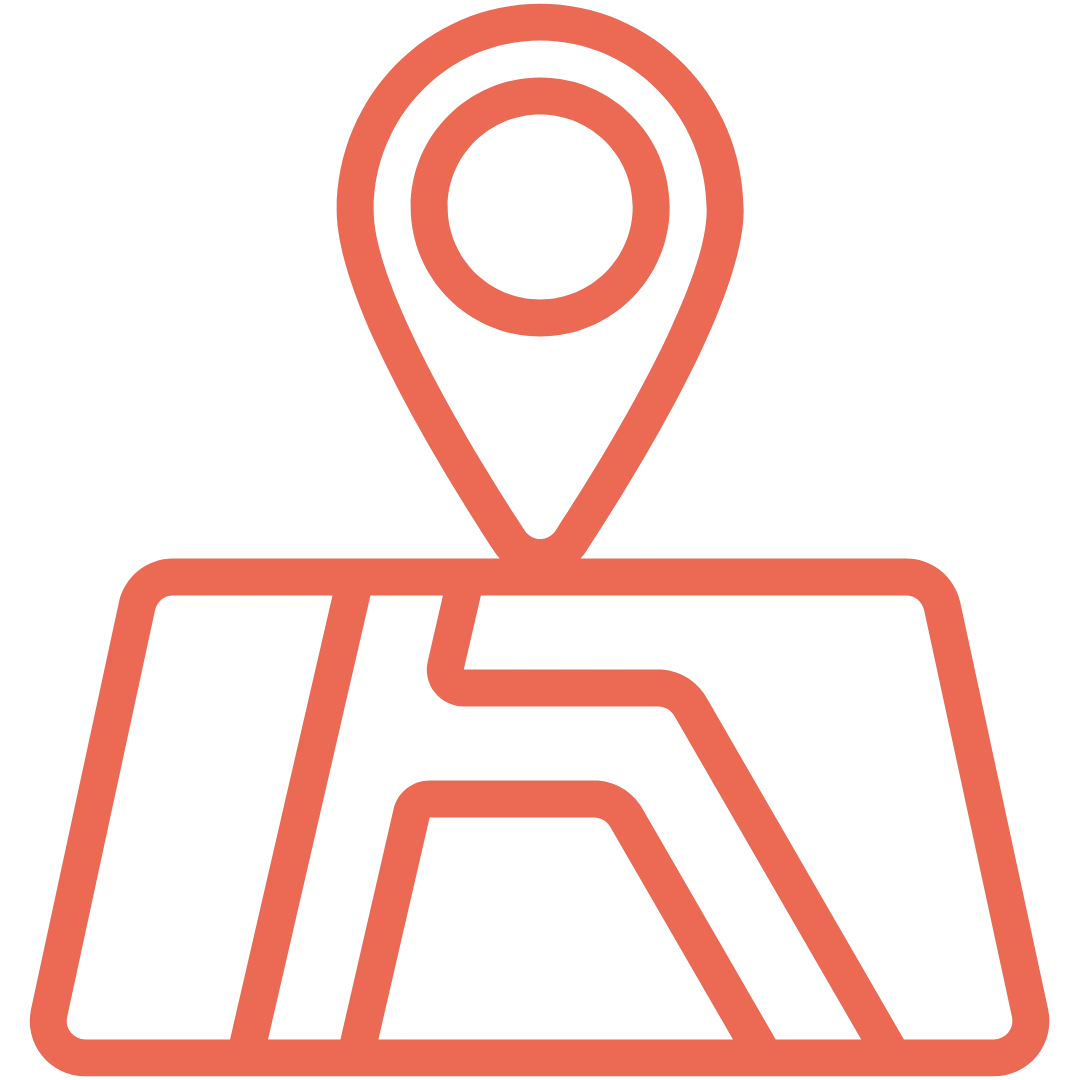
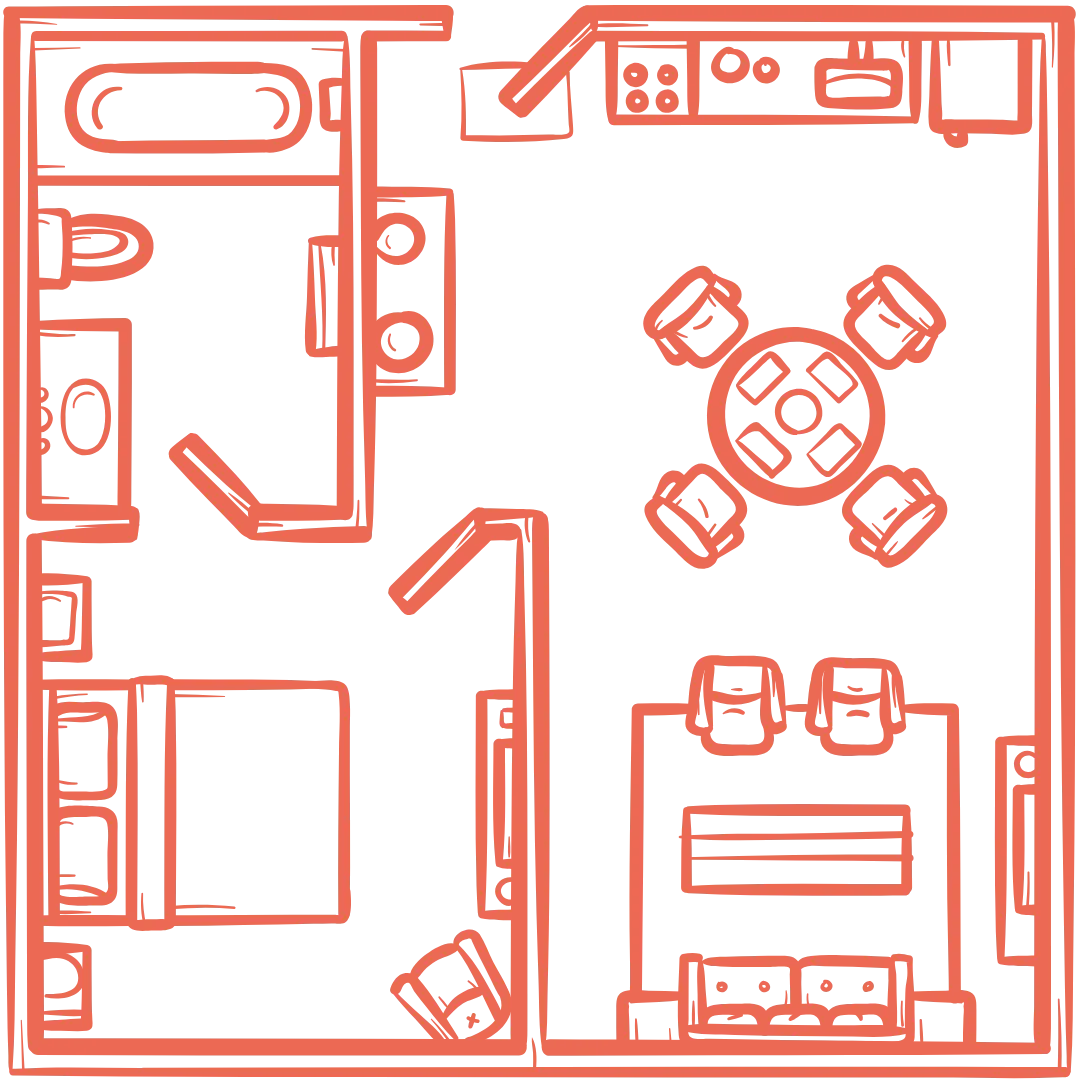
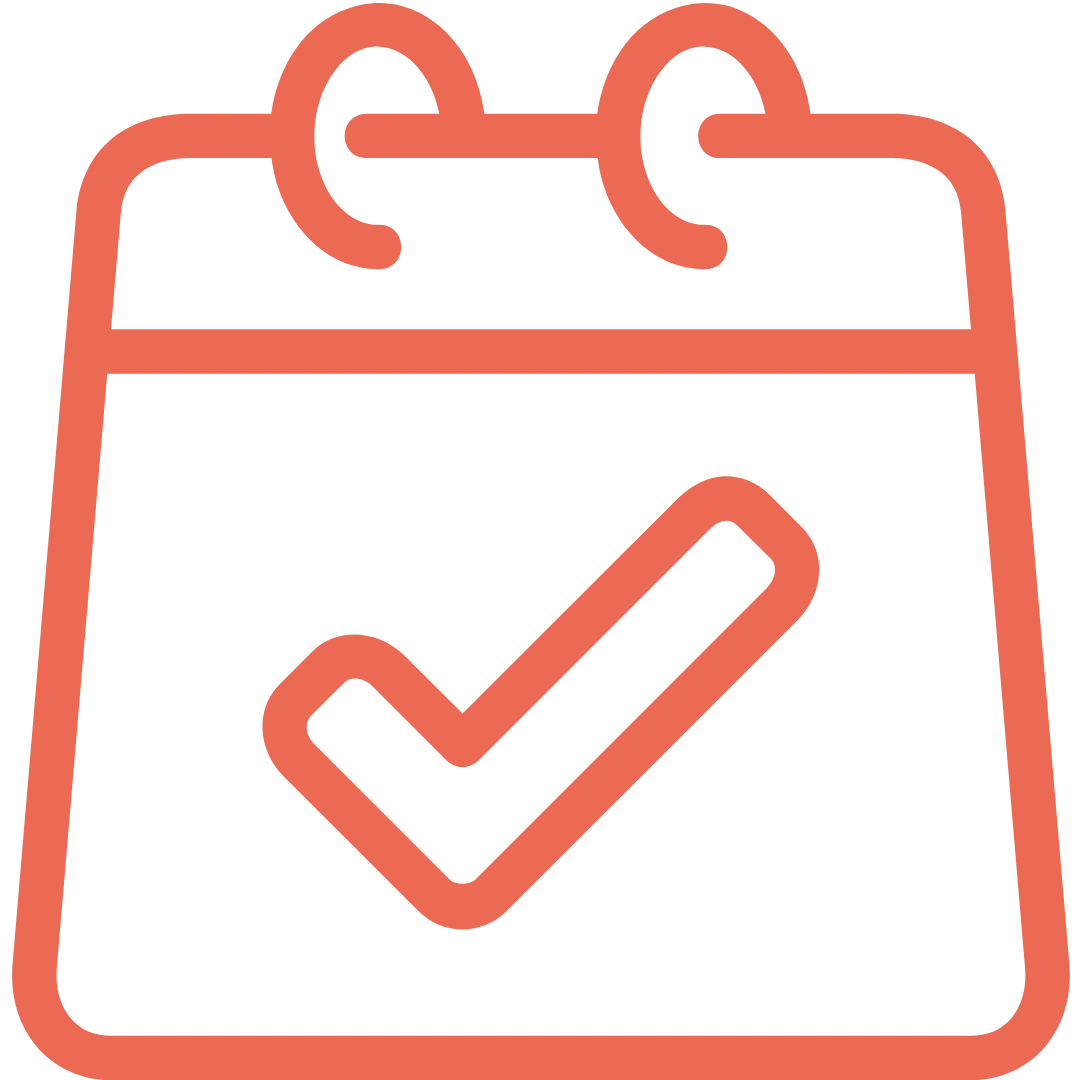



























.webp)
.webp)
.webp)
.webp)
.webp)
.webp)
.webp)
.webp)
.webp)

.svg)




.webp)
.webp)
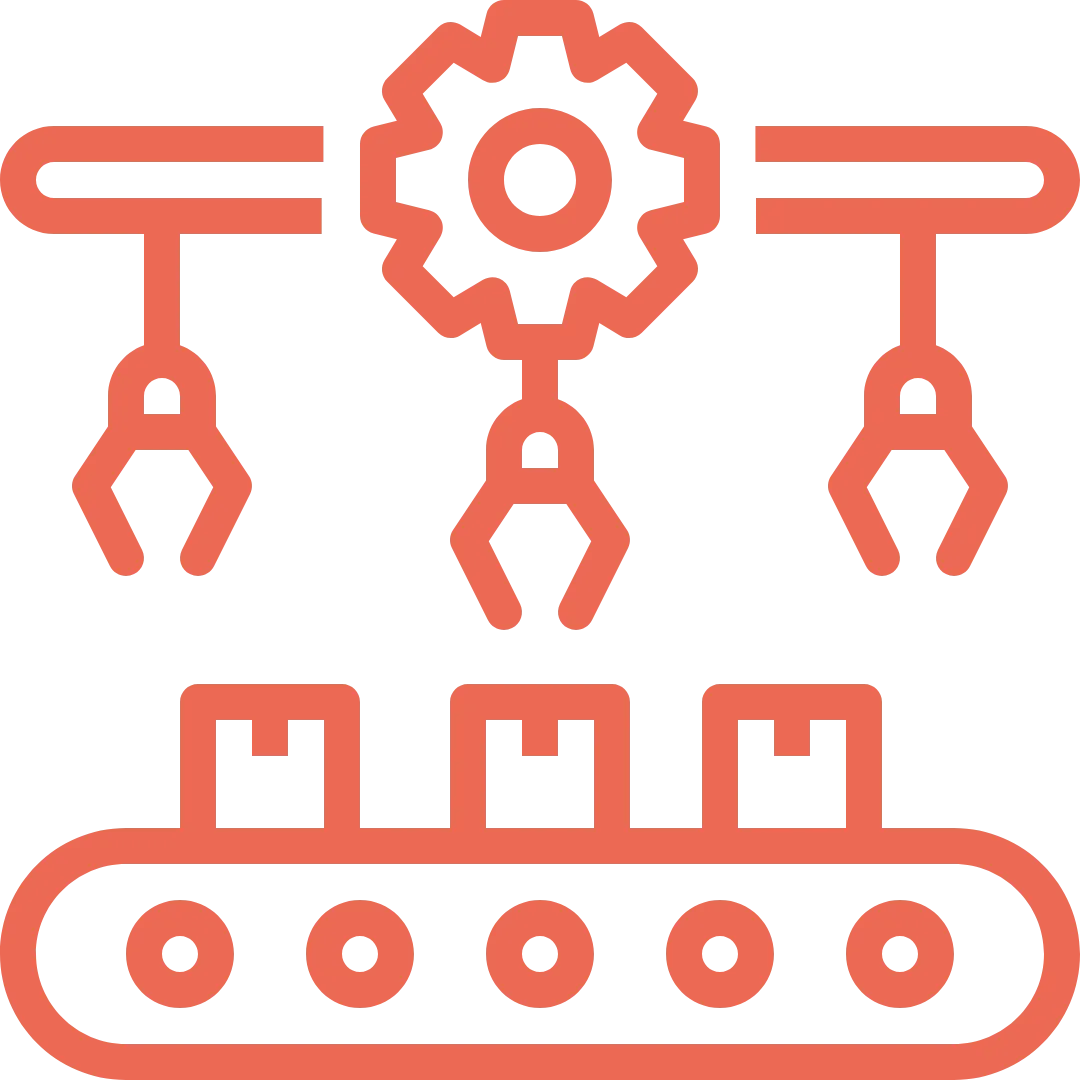




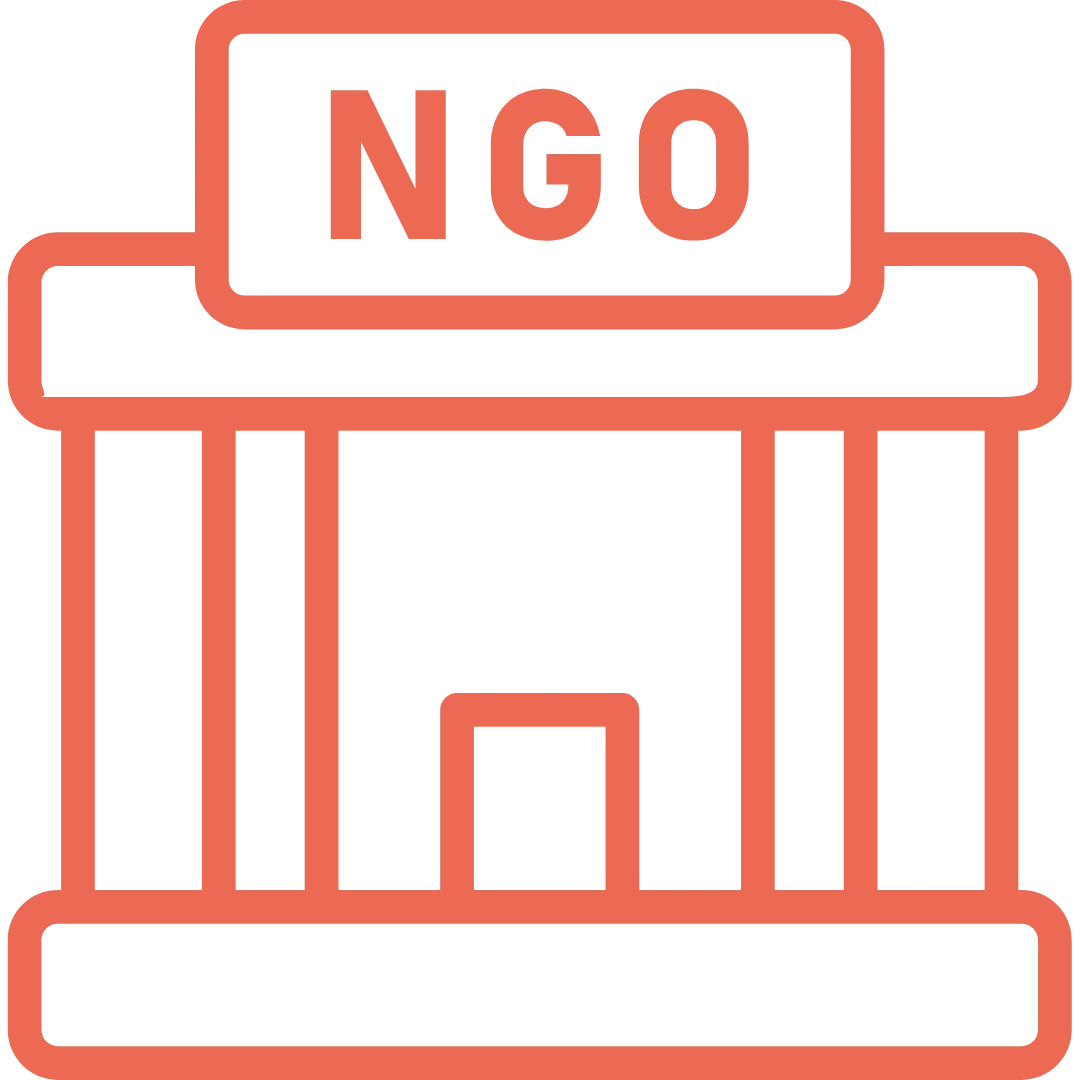
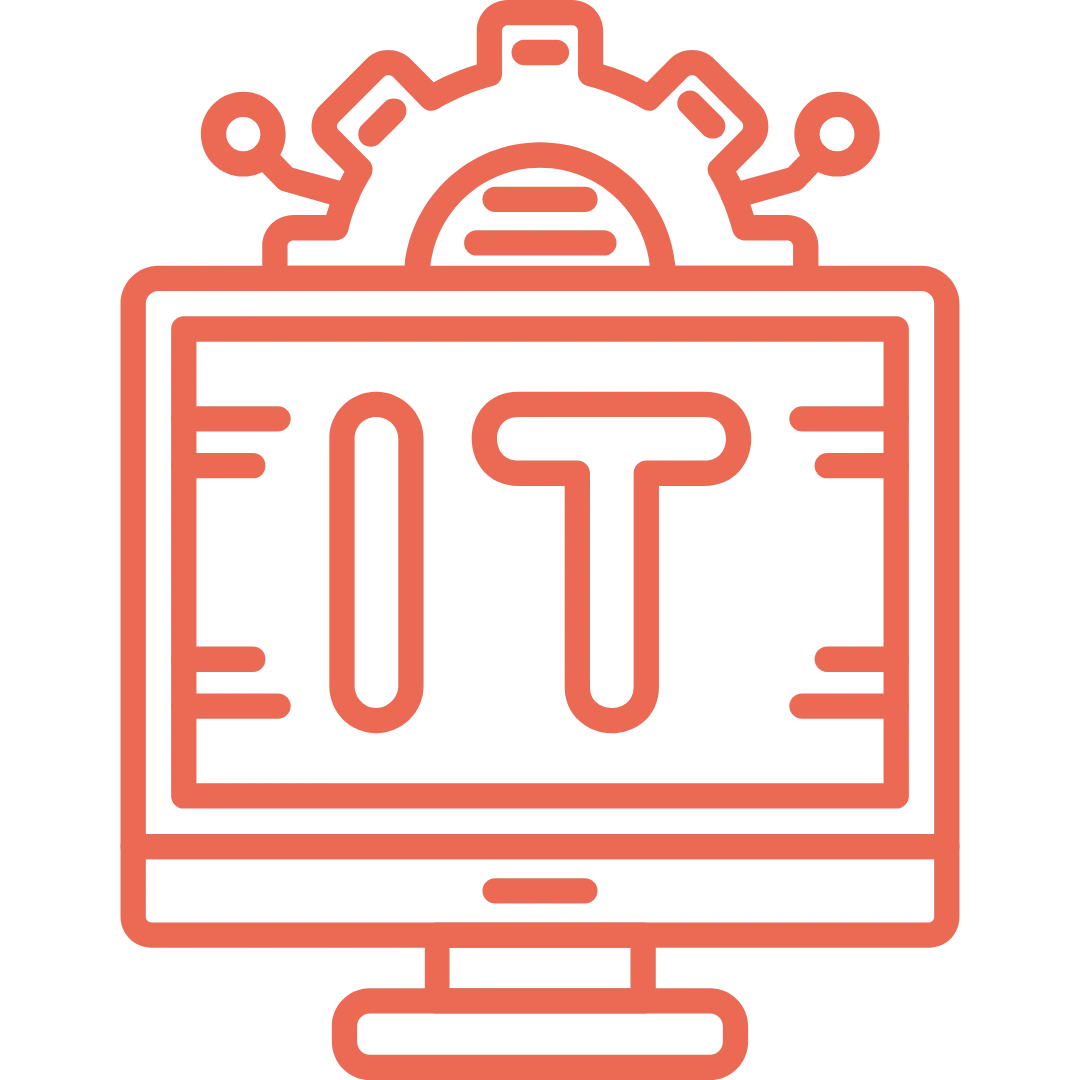

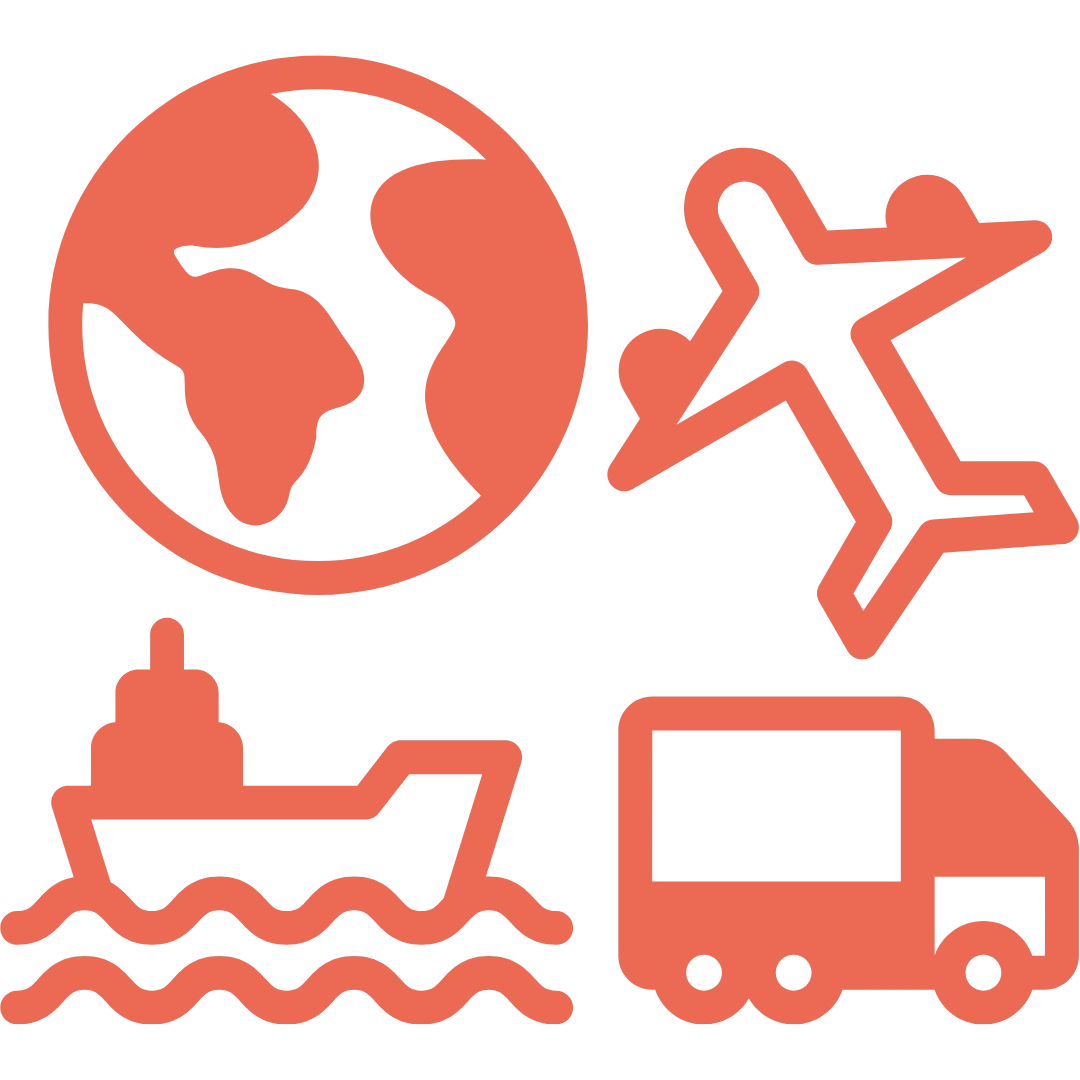
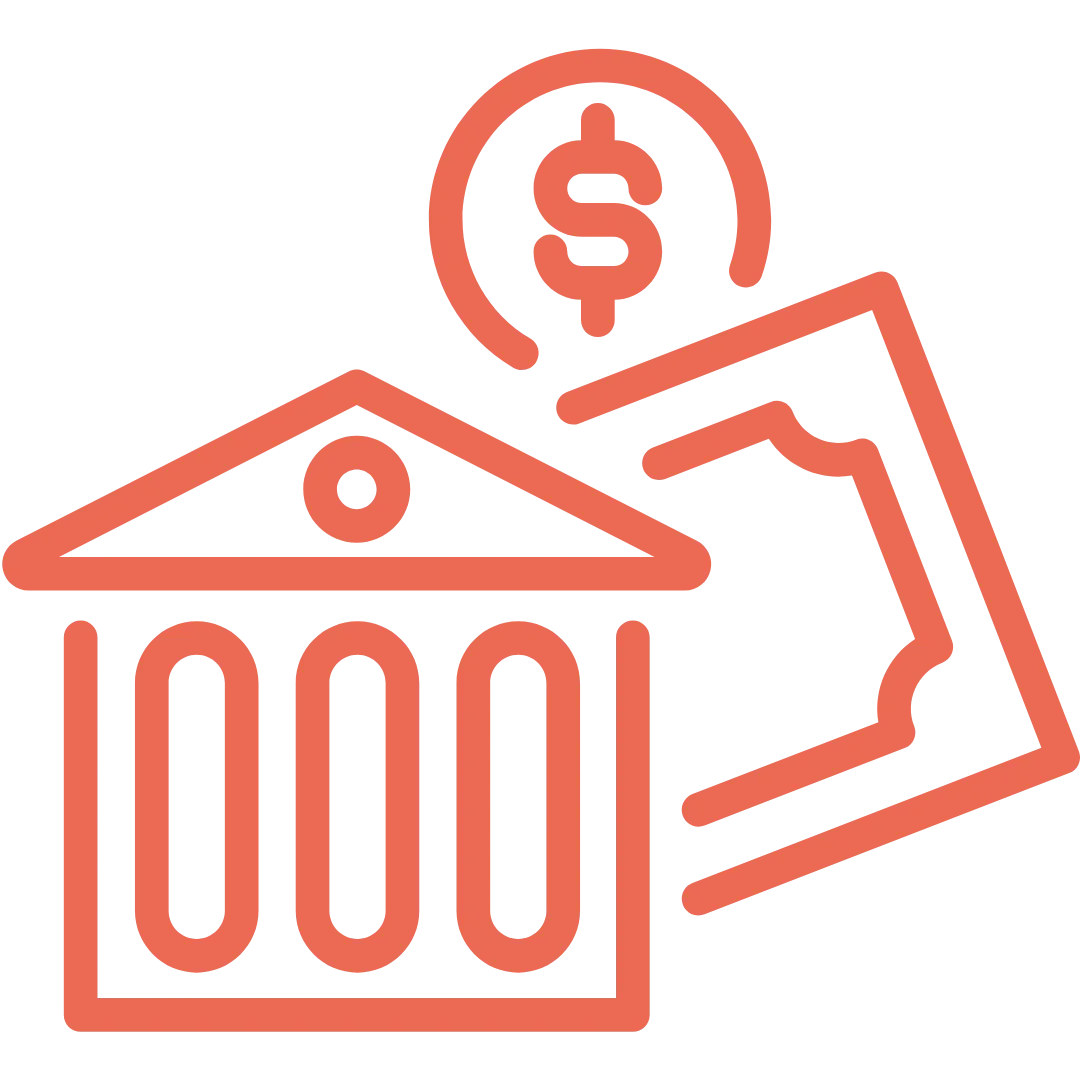




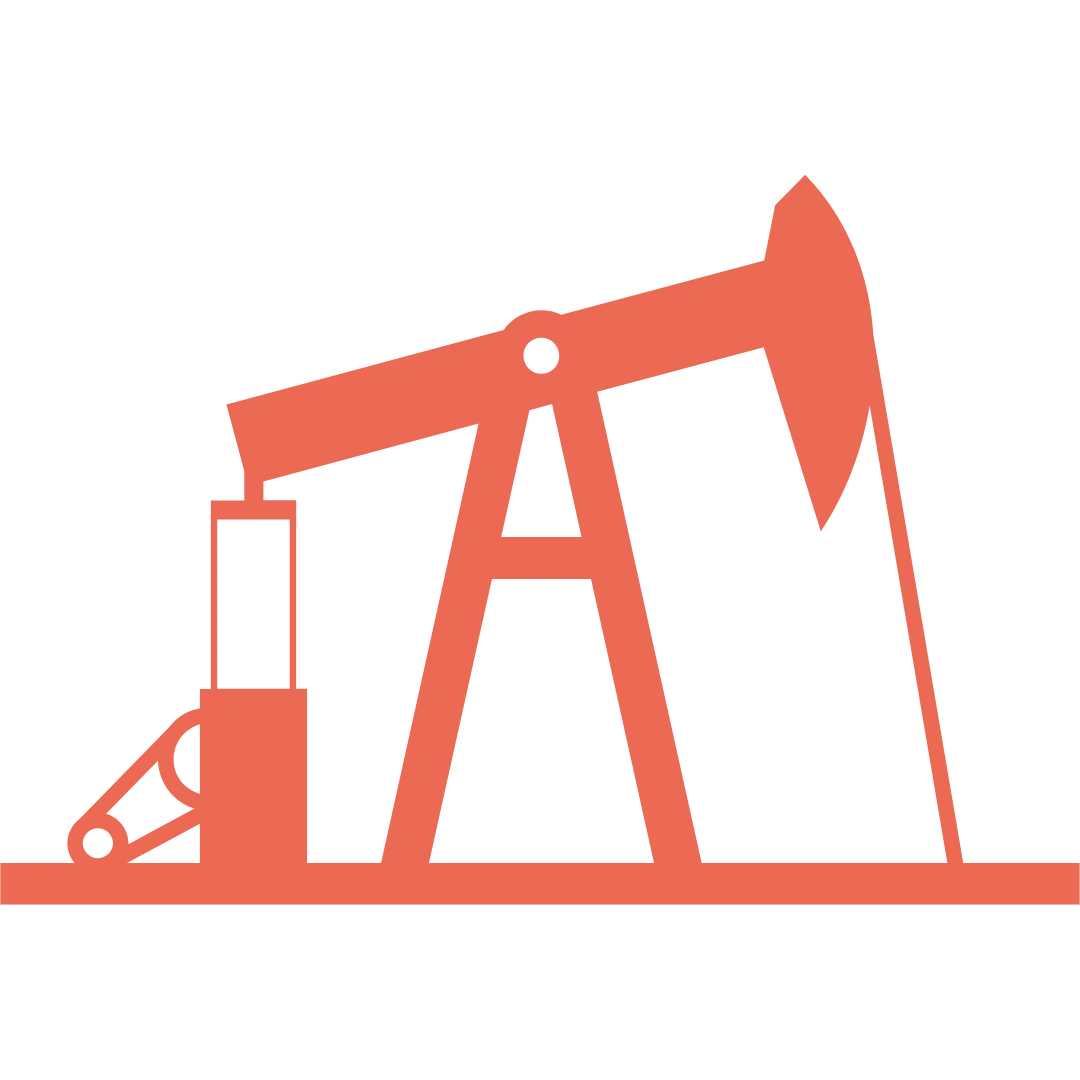
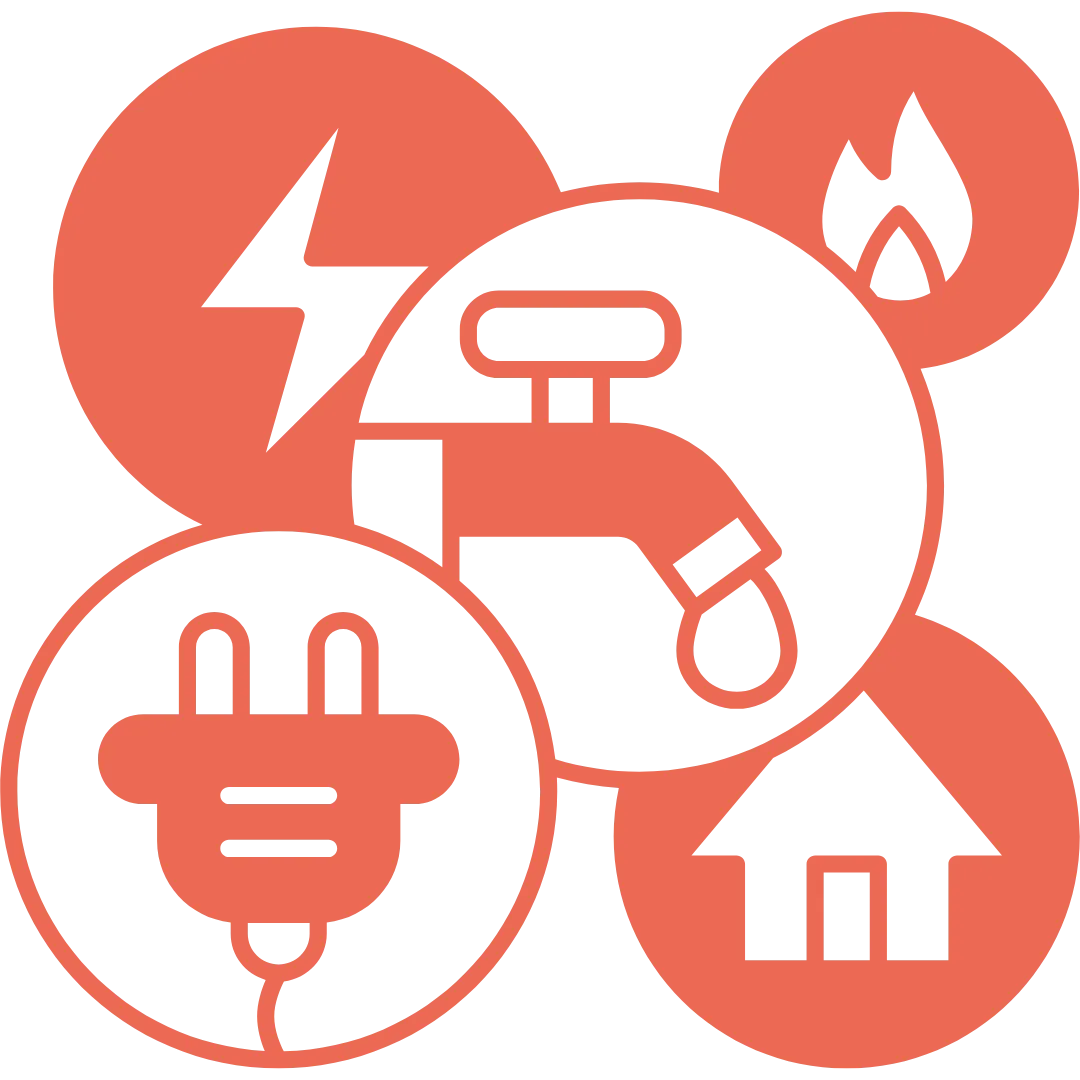

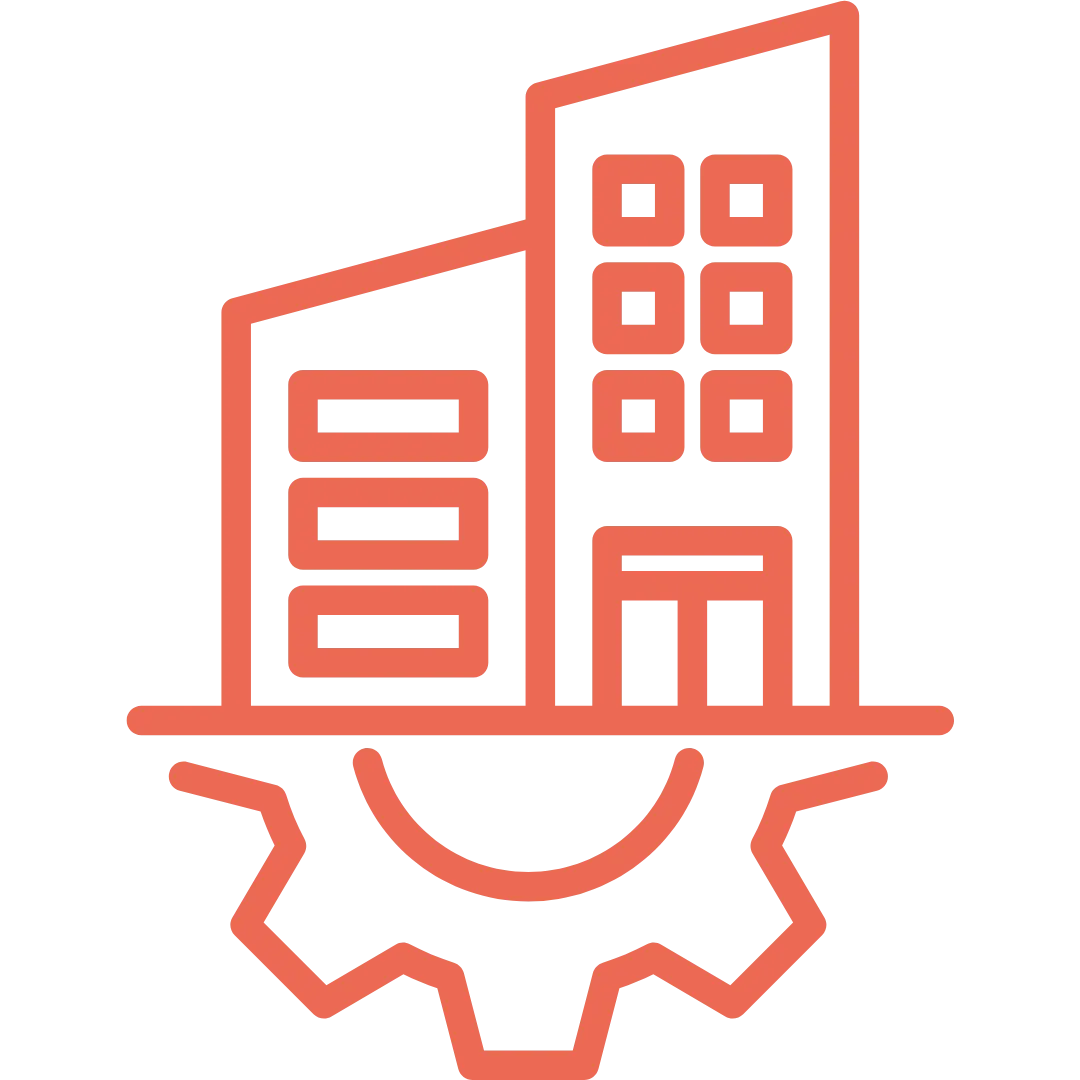
















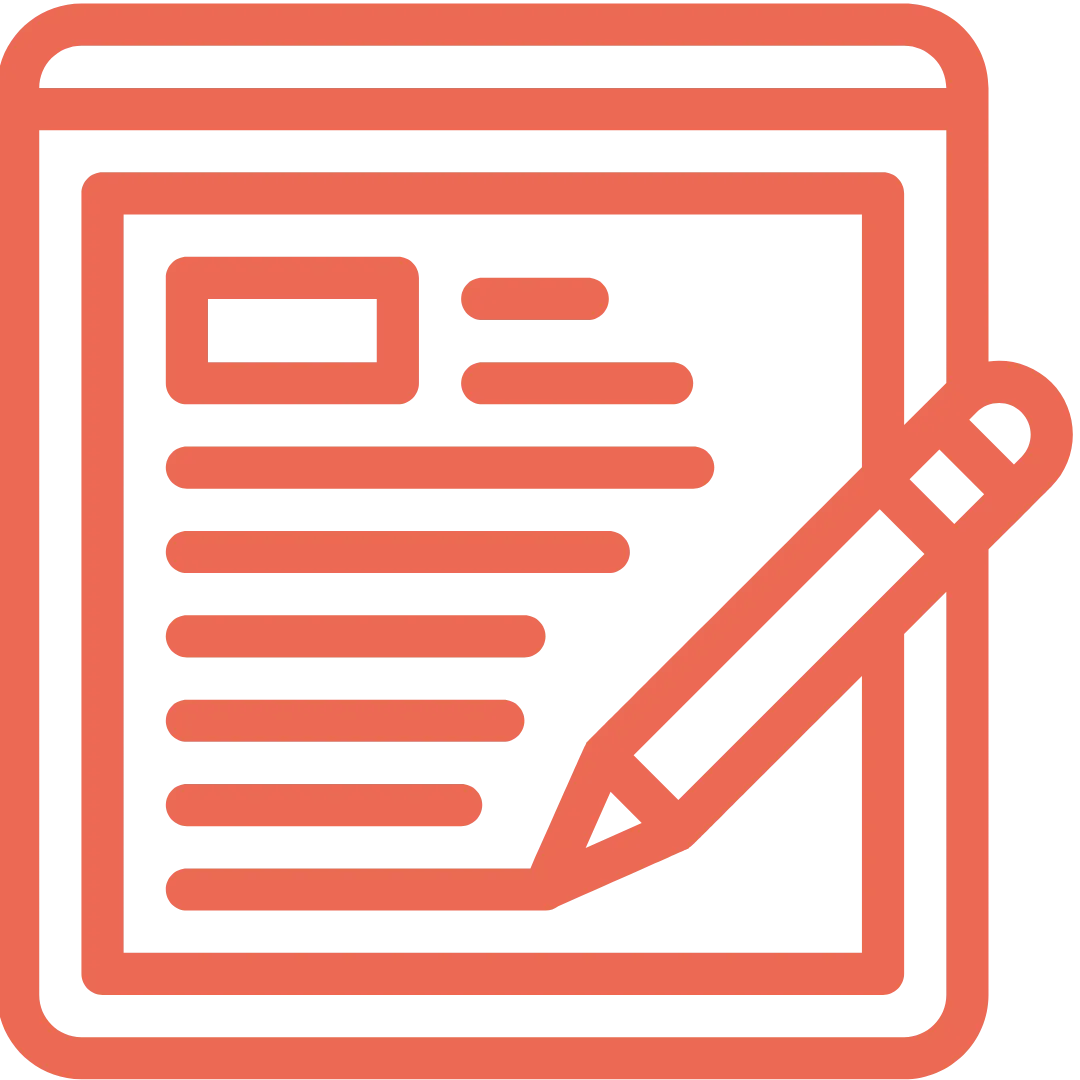

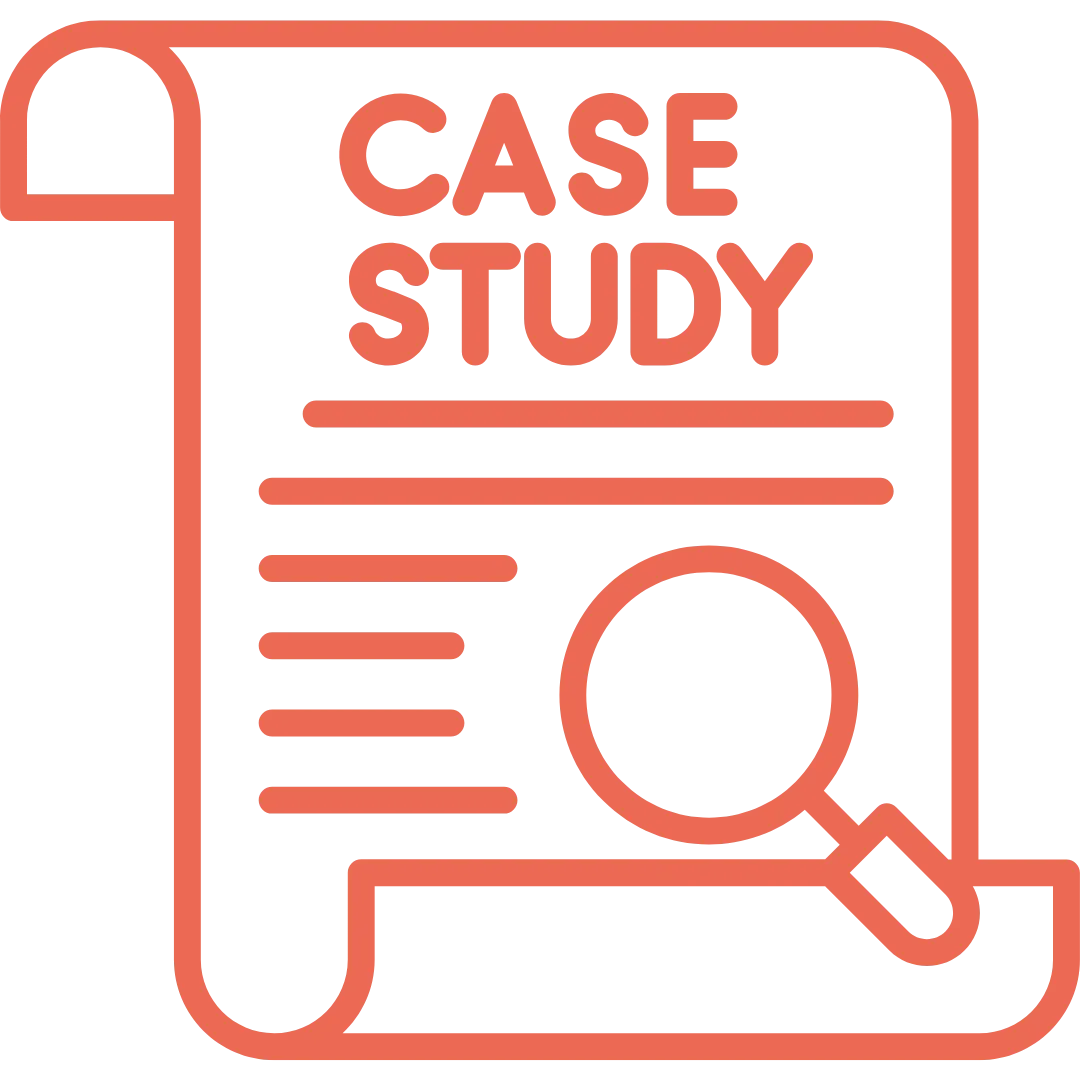






.png)

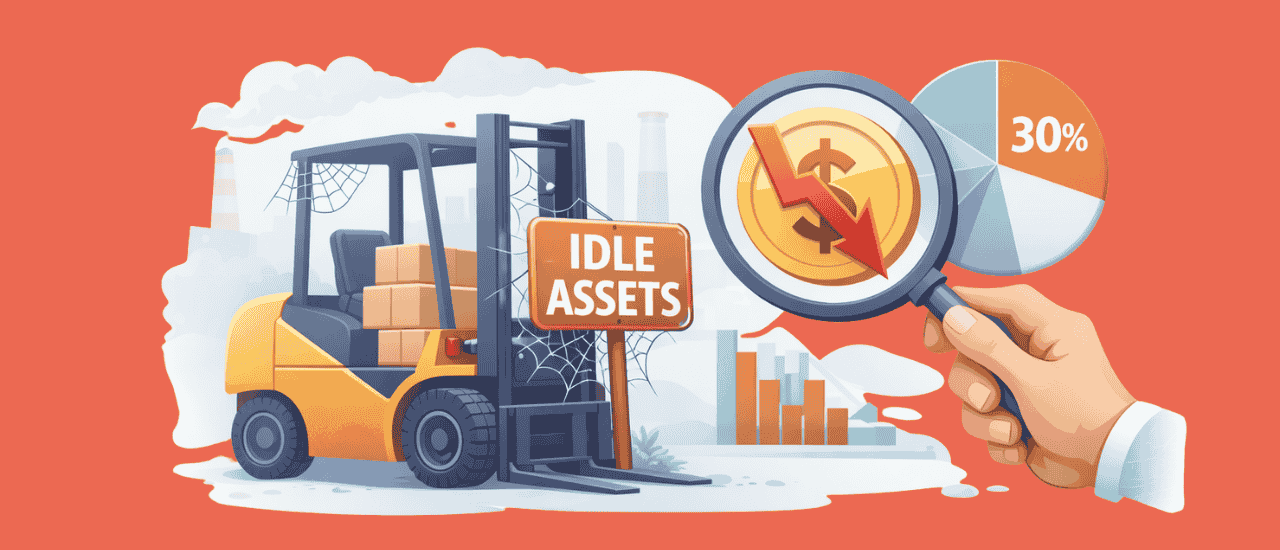

.webp)

















